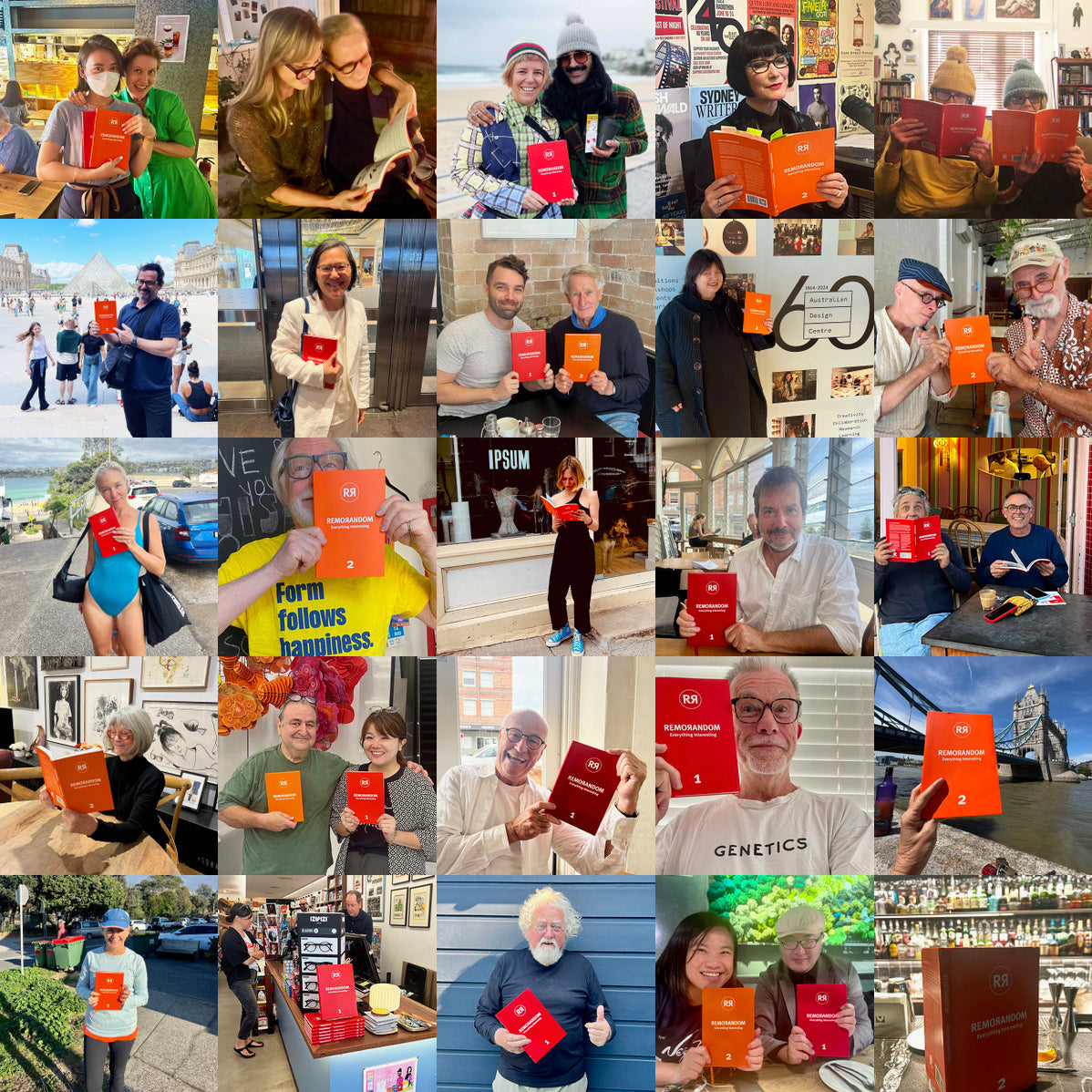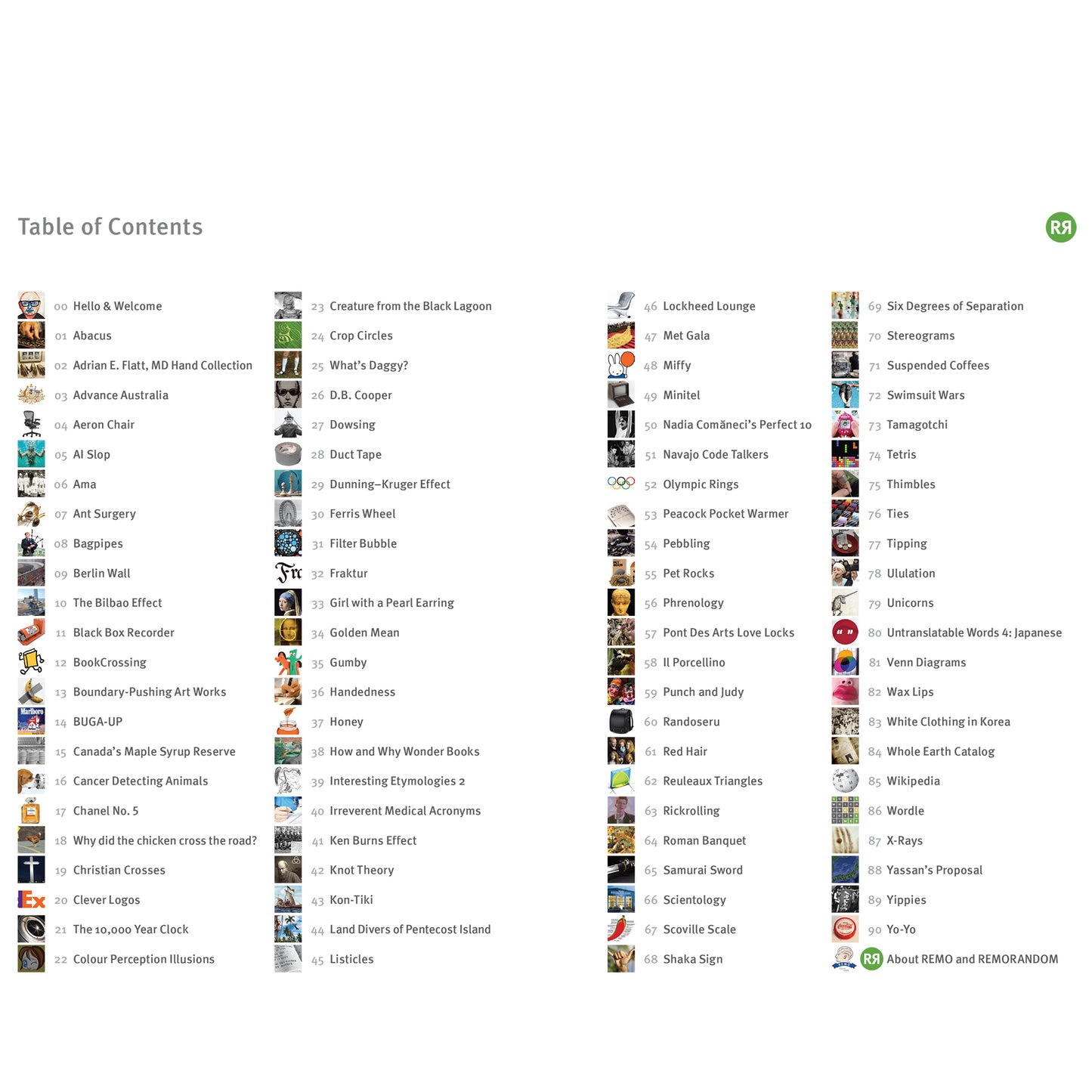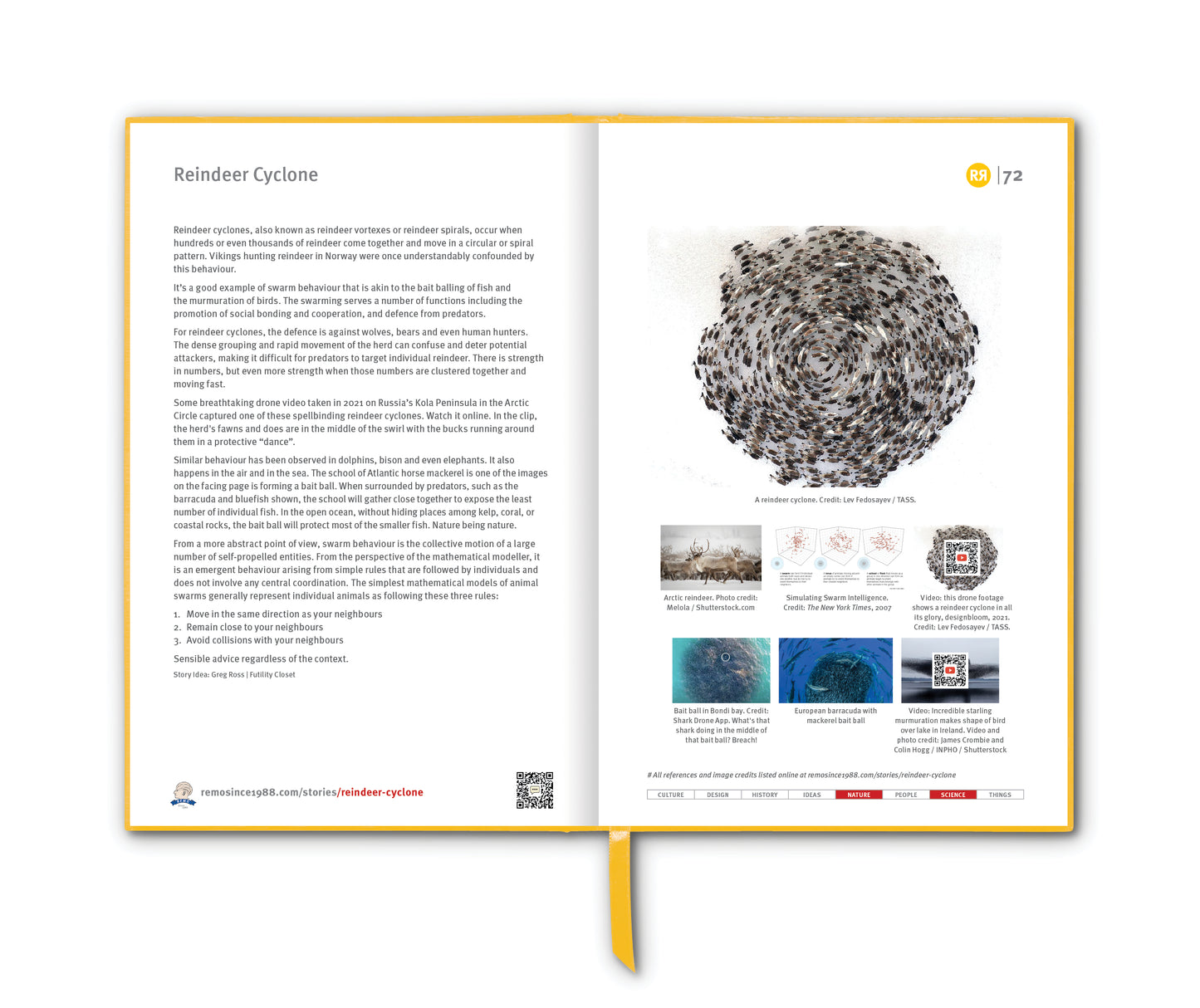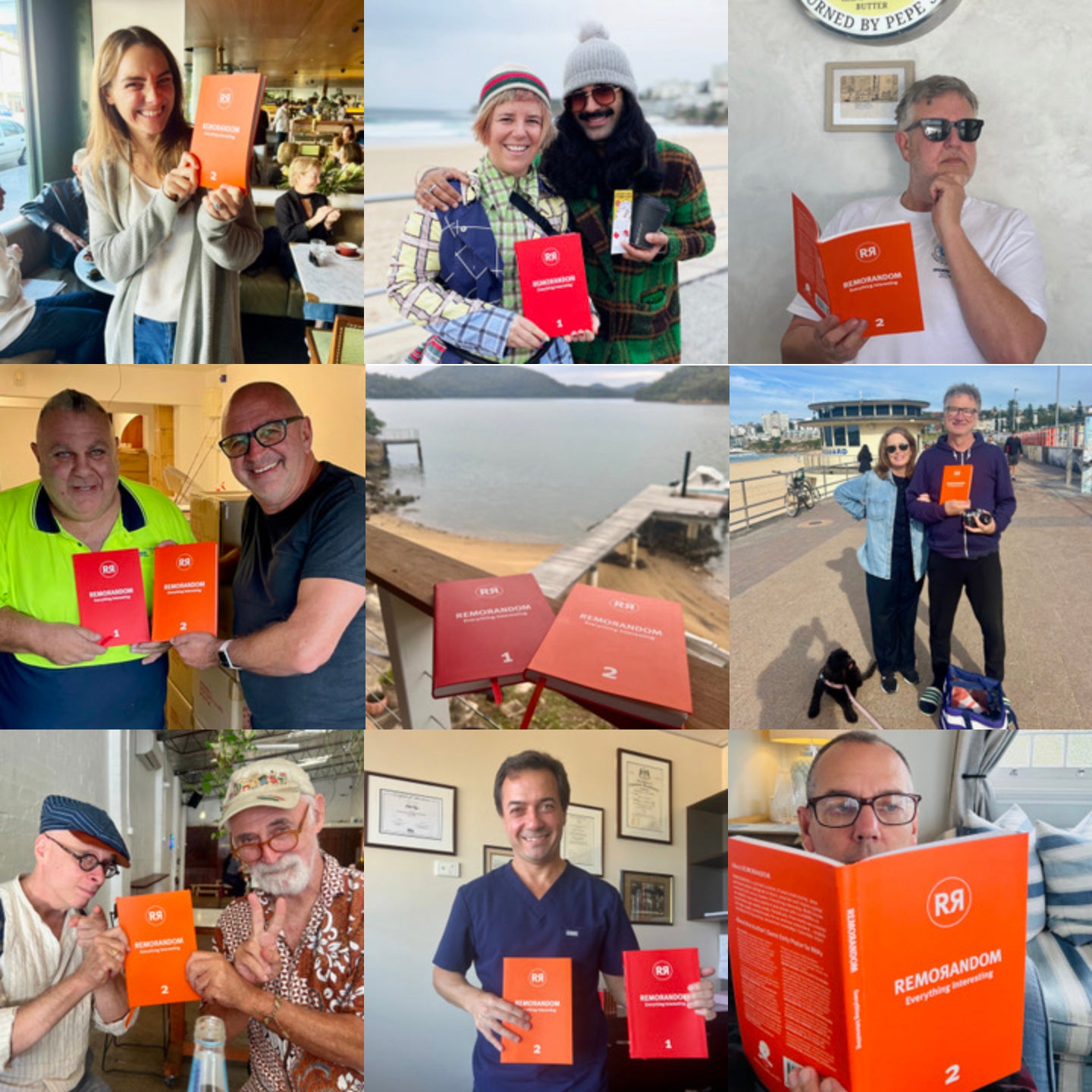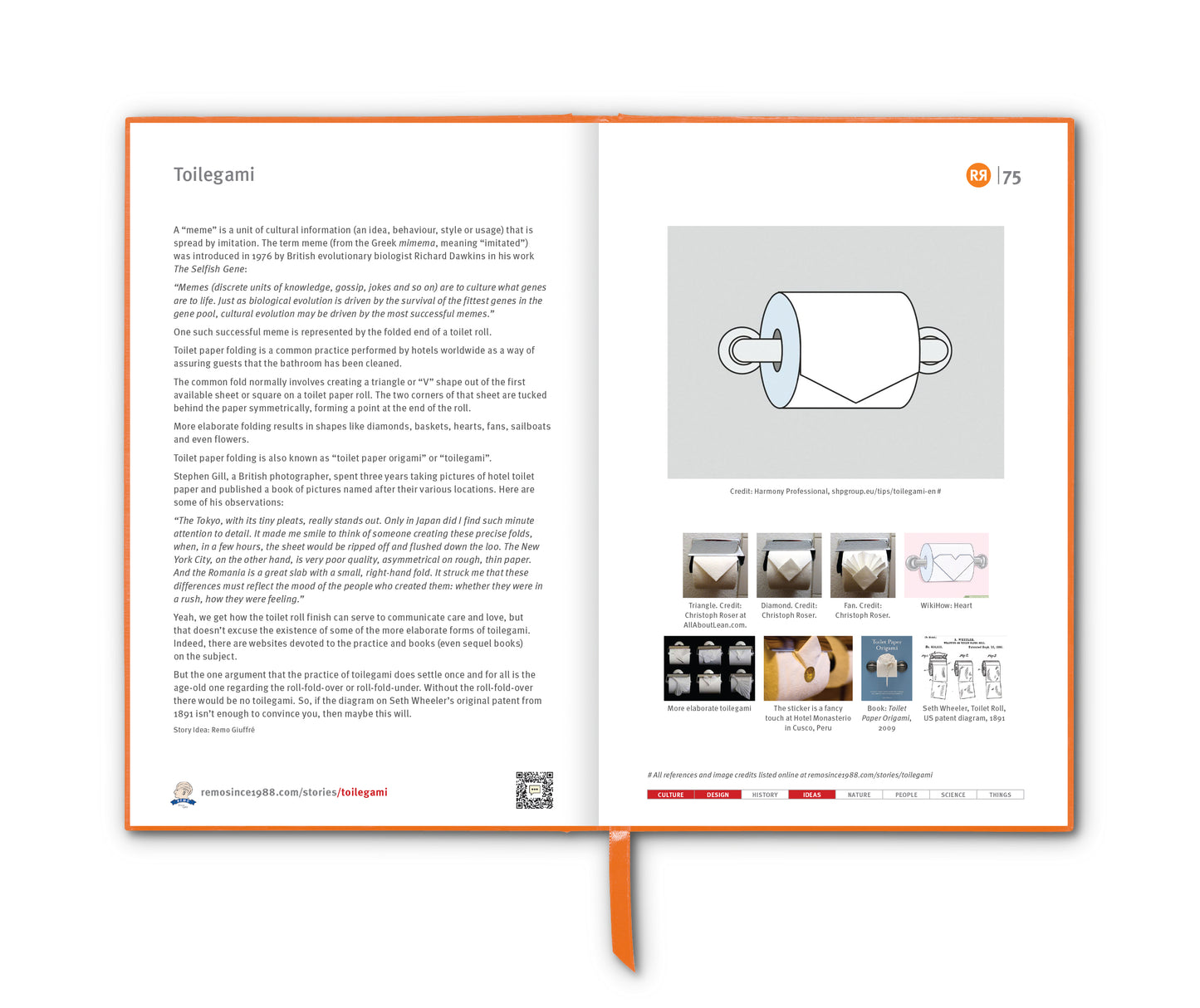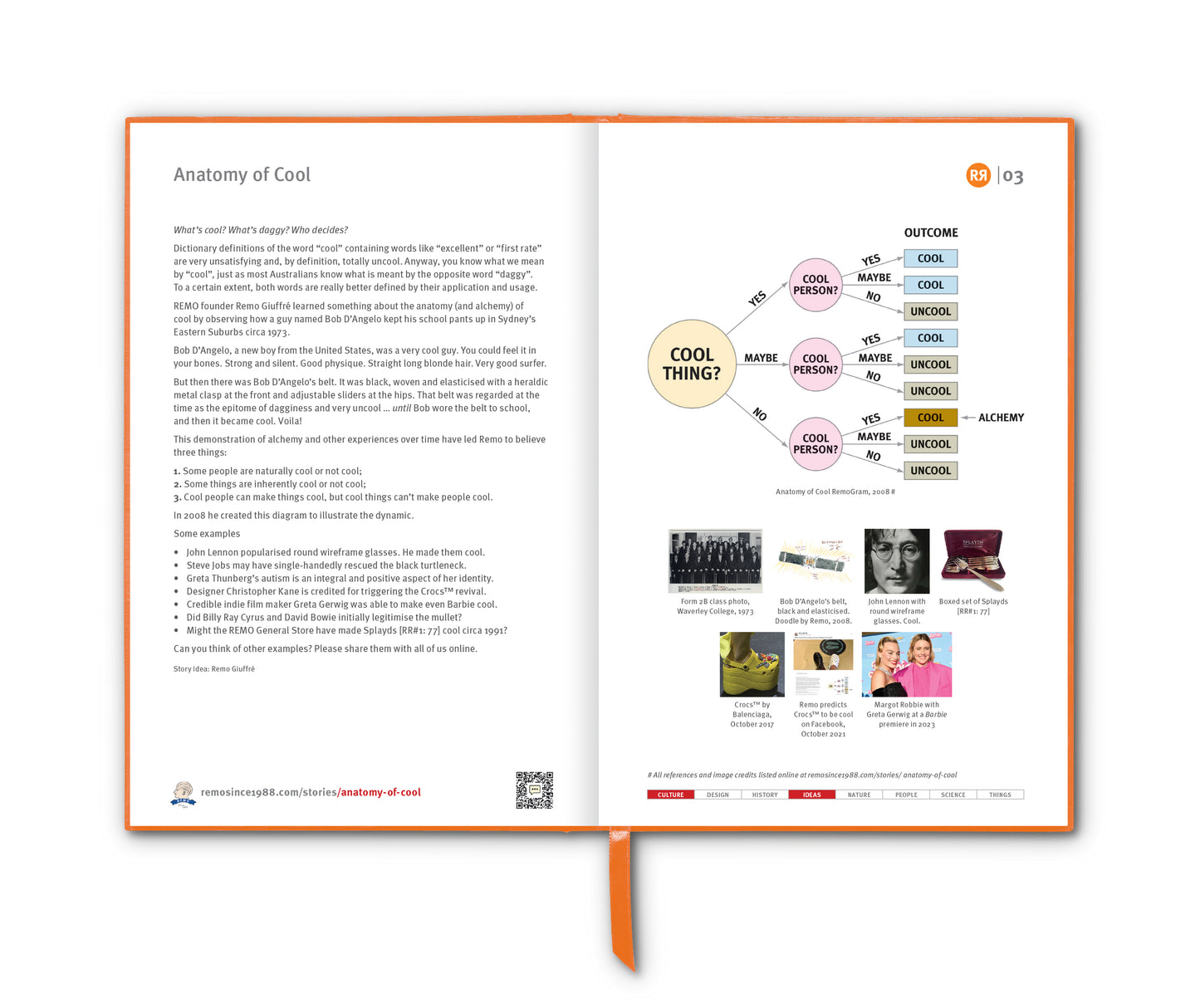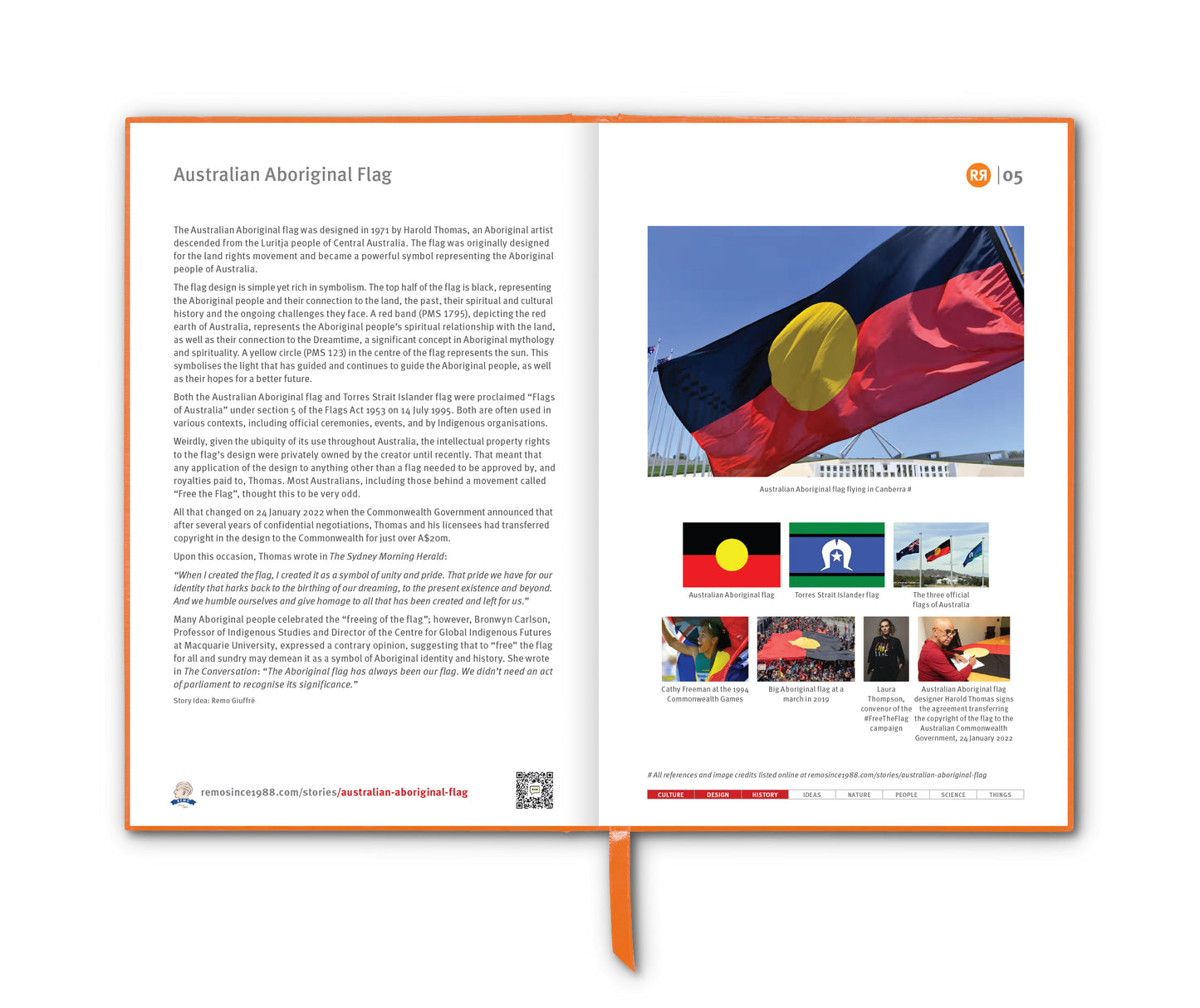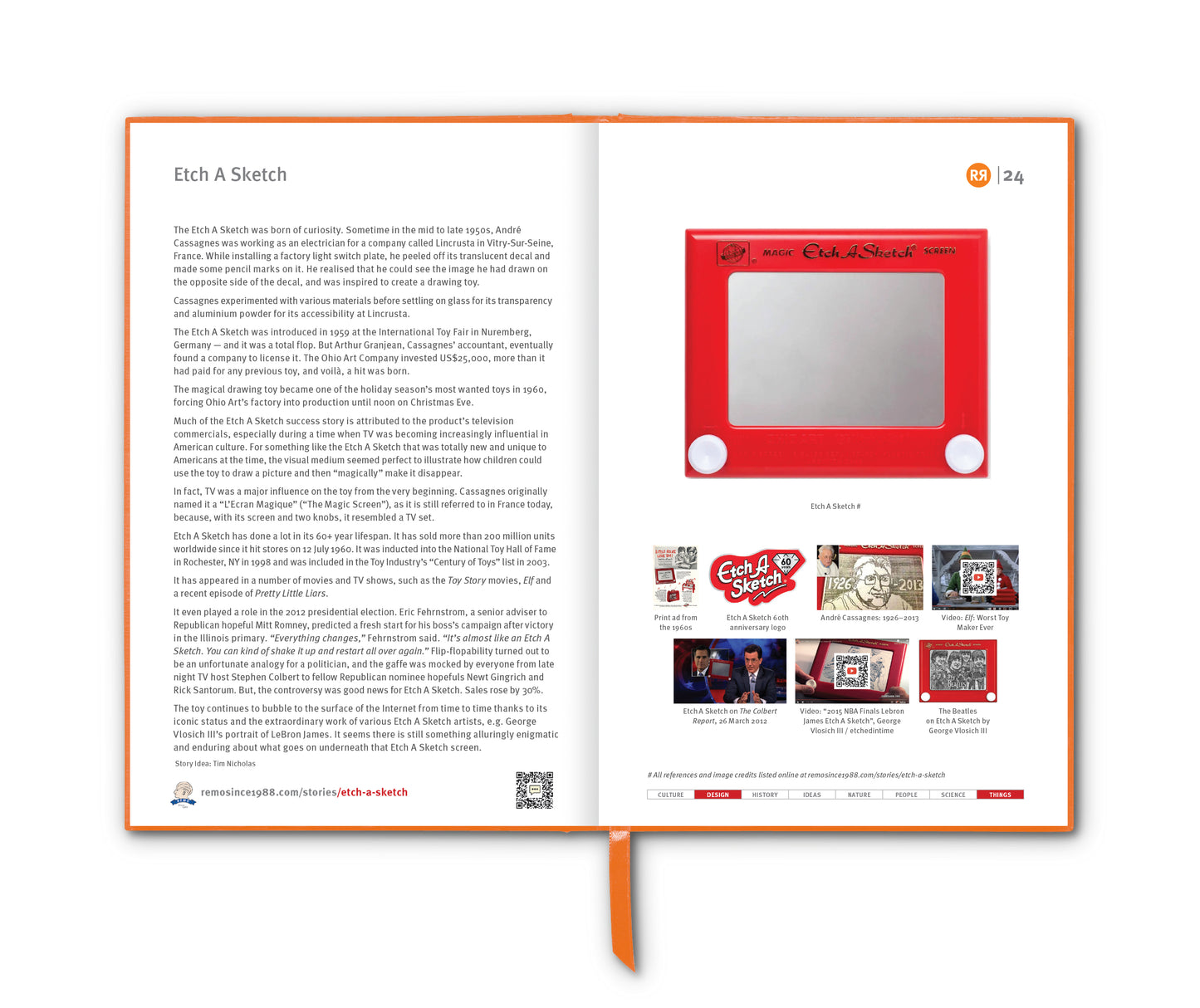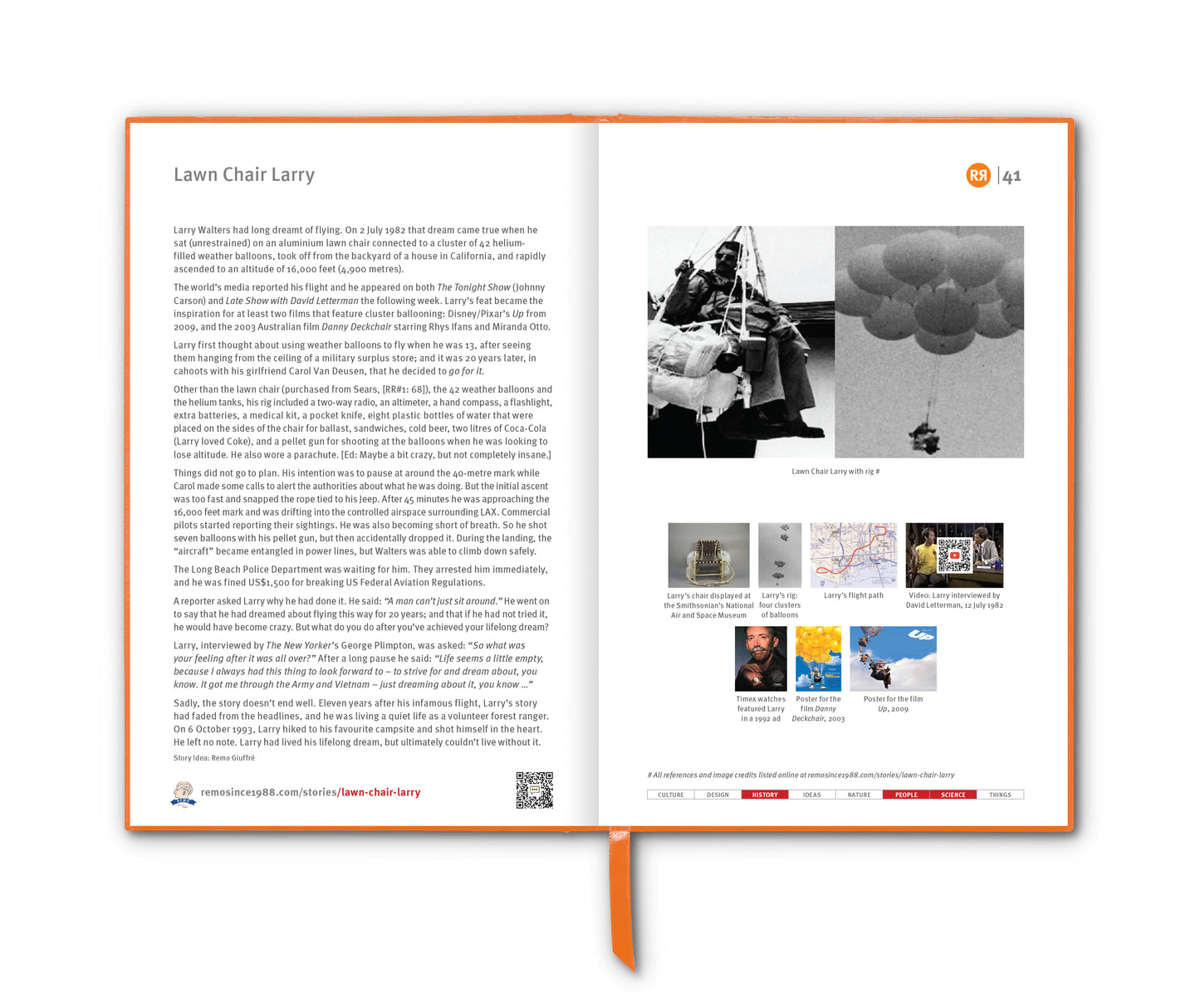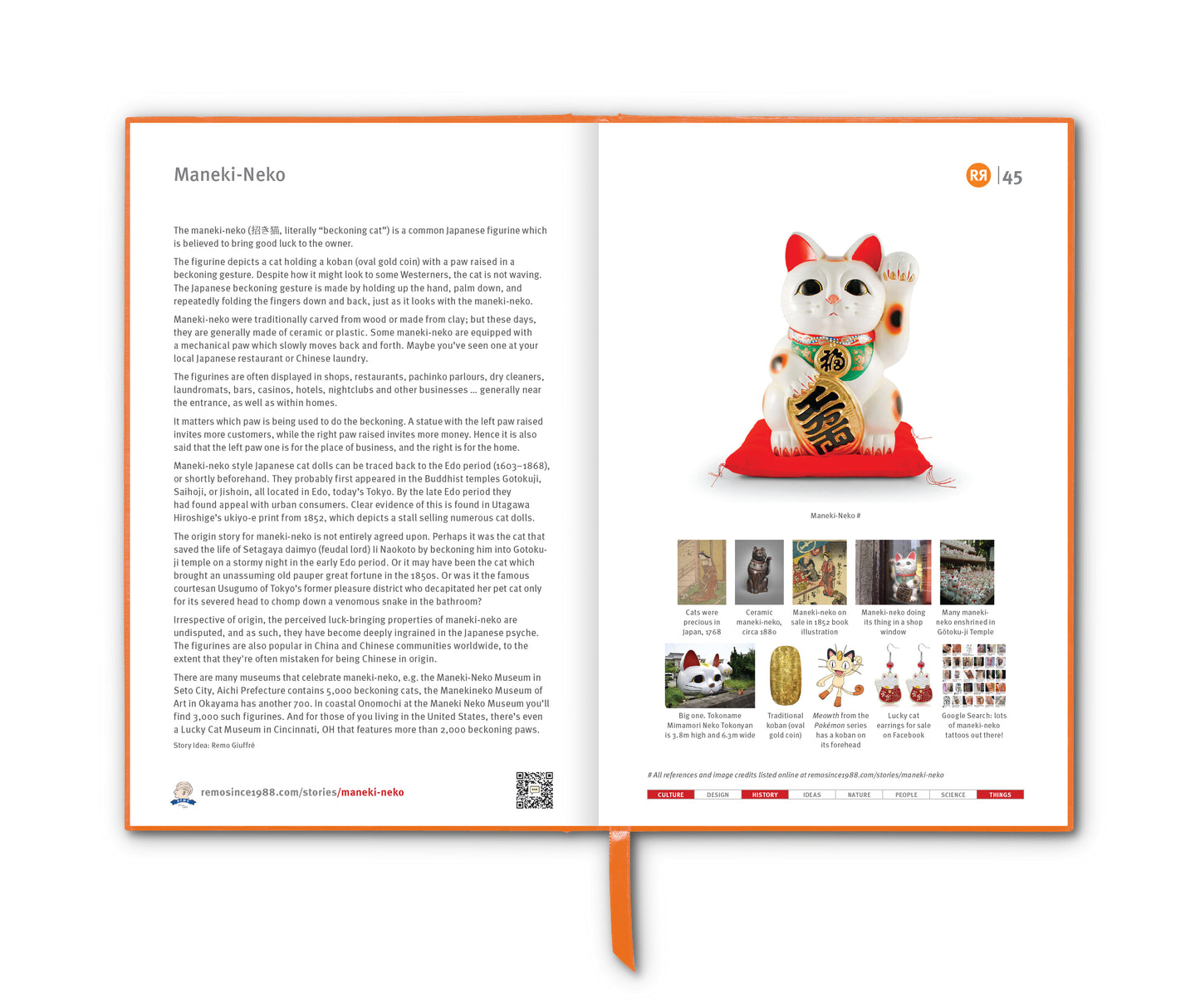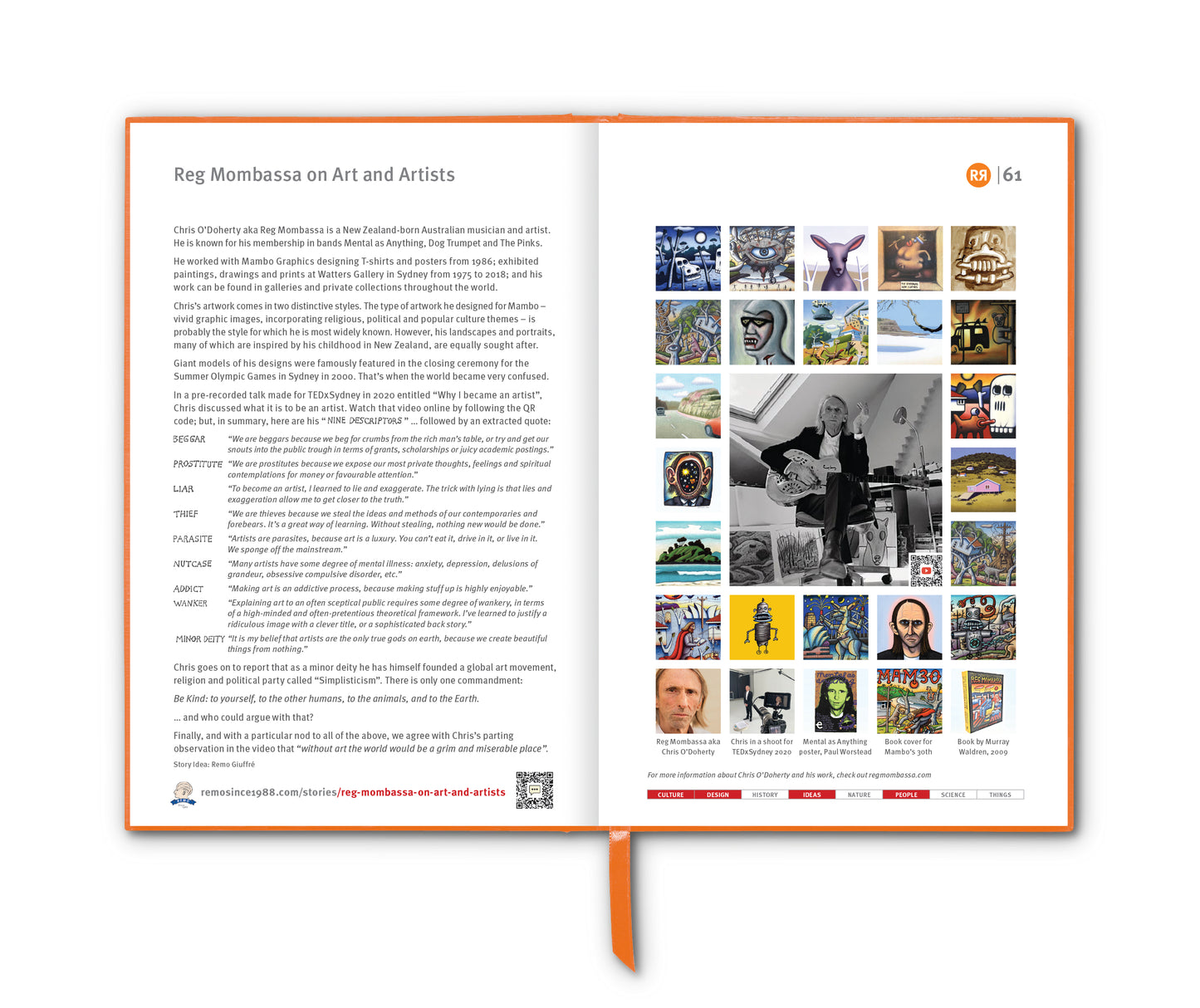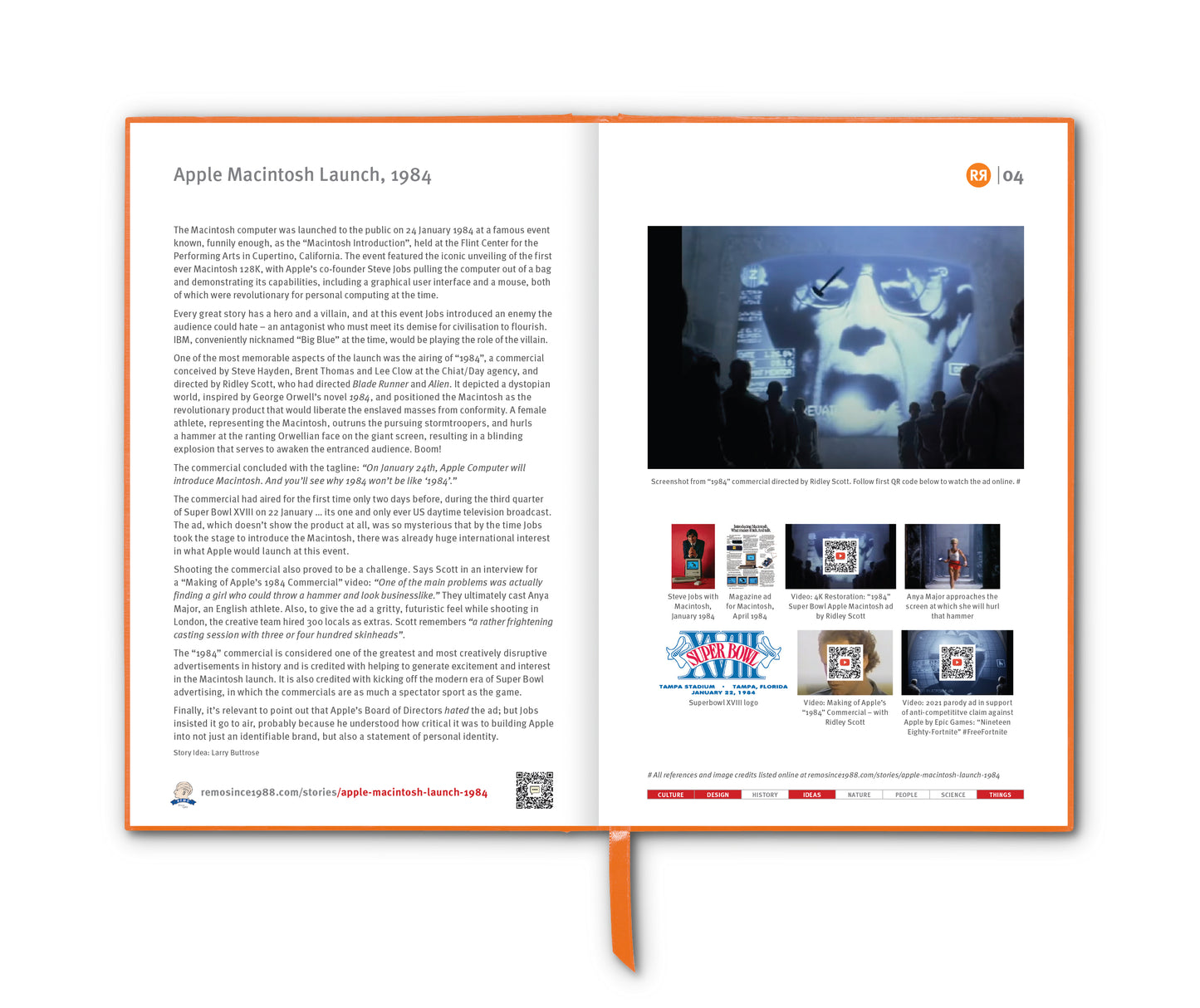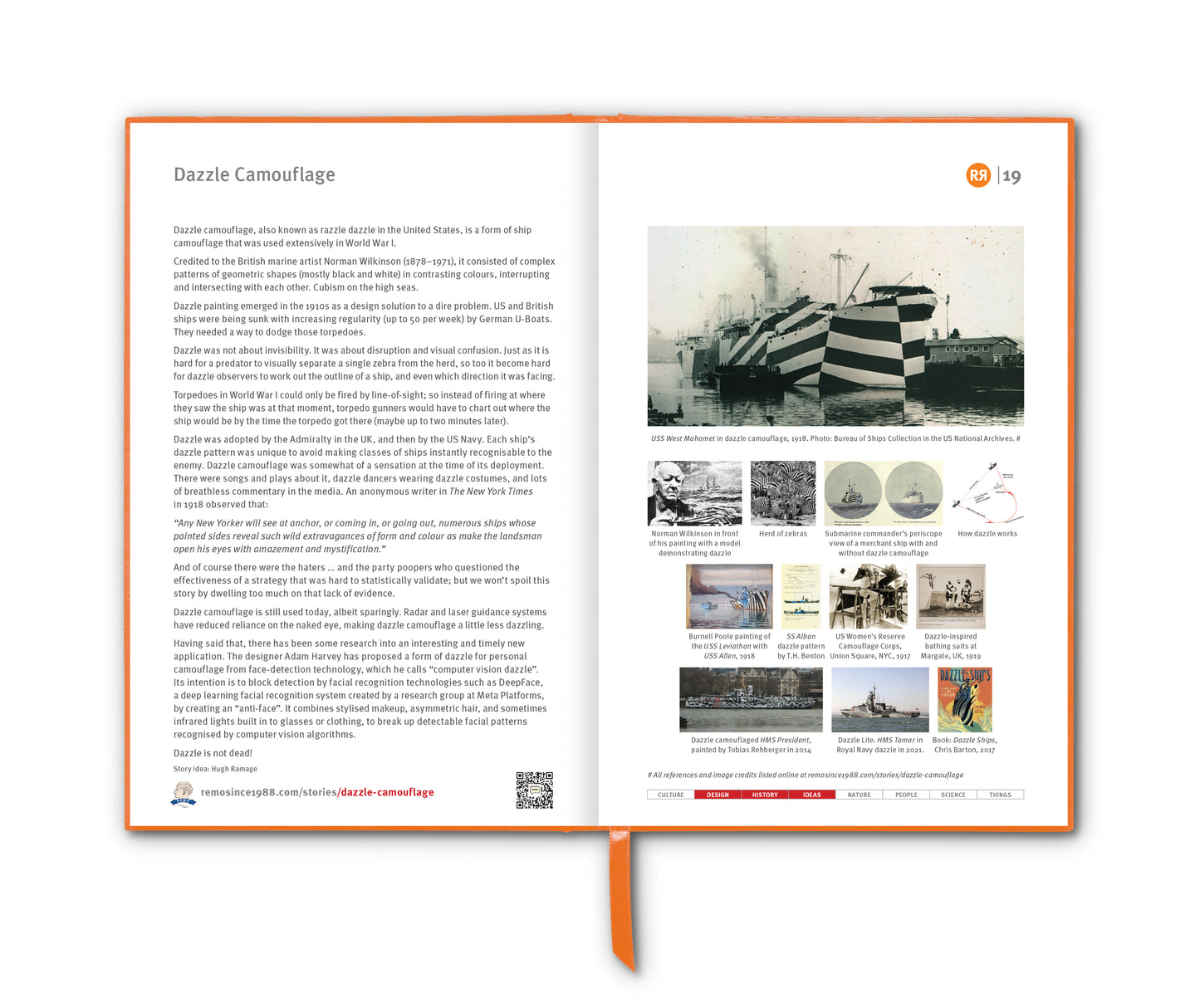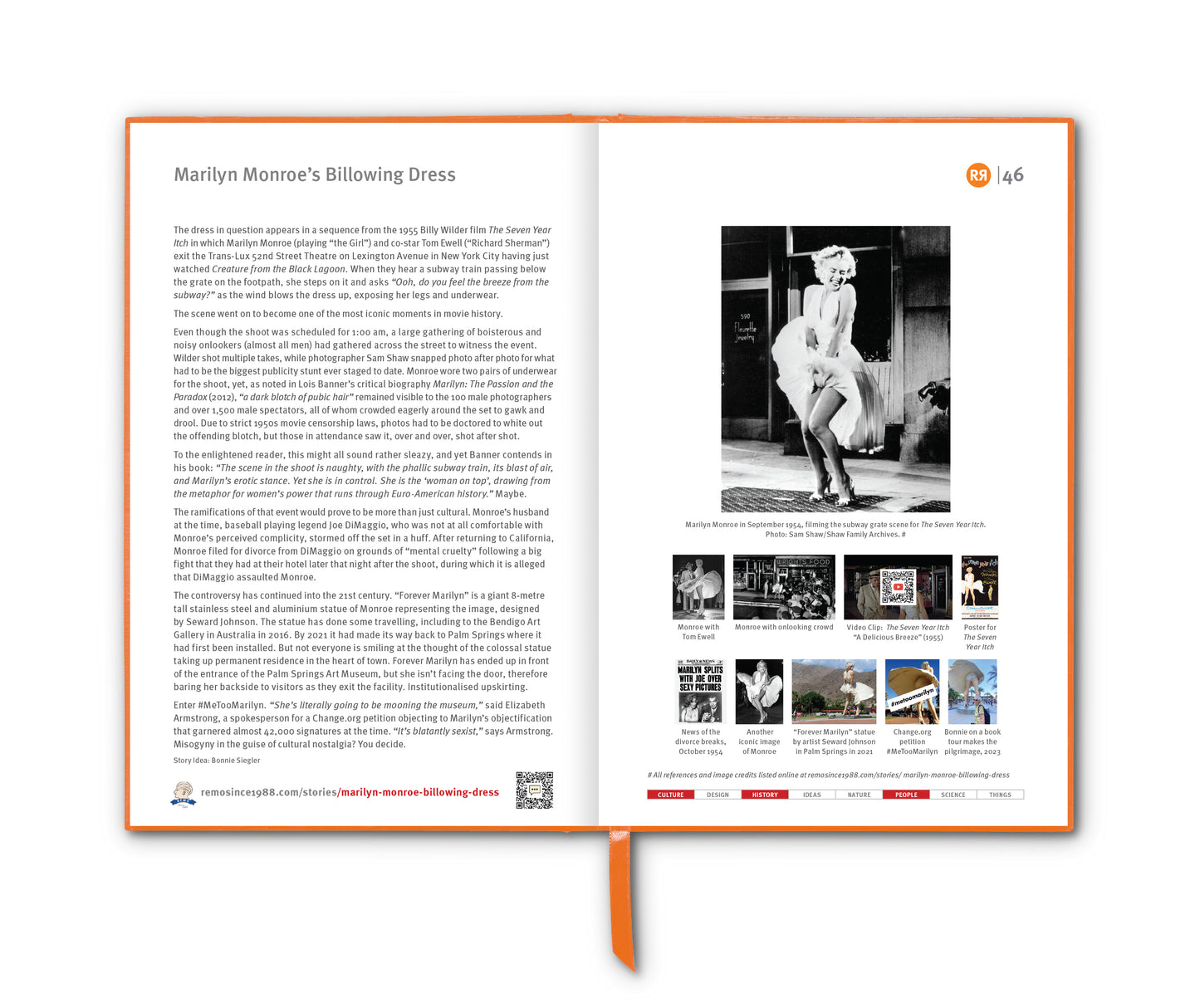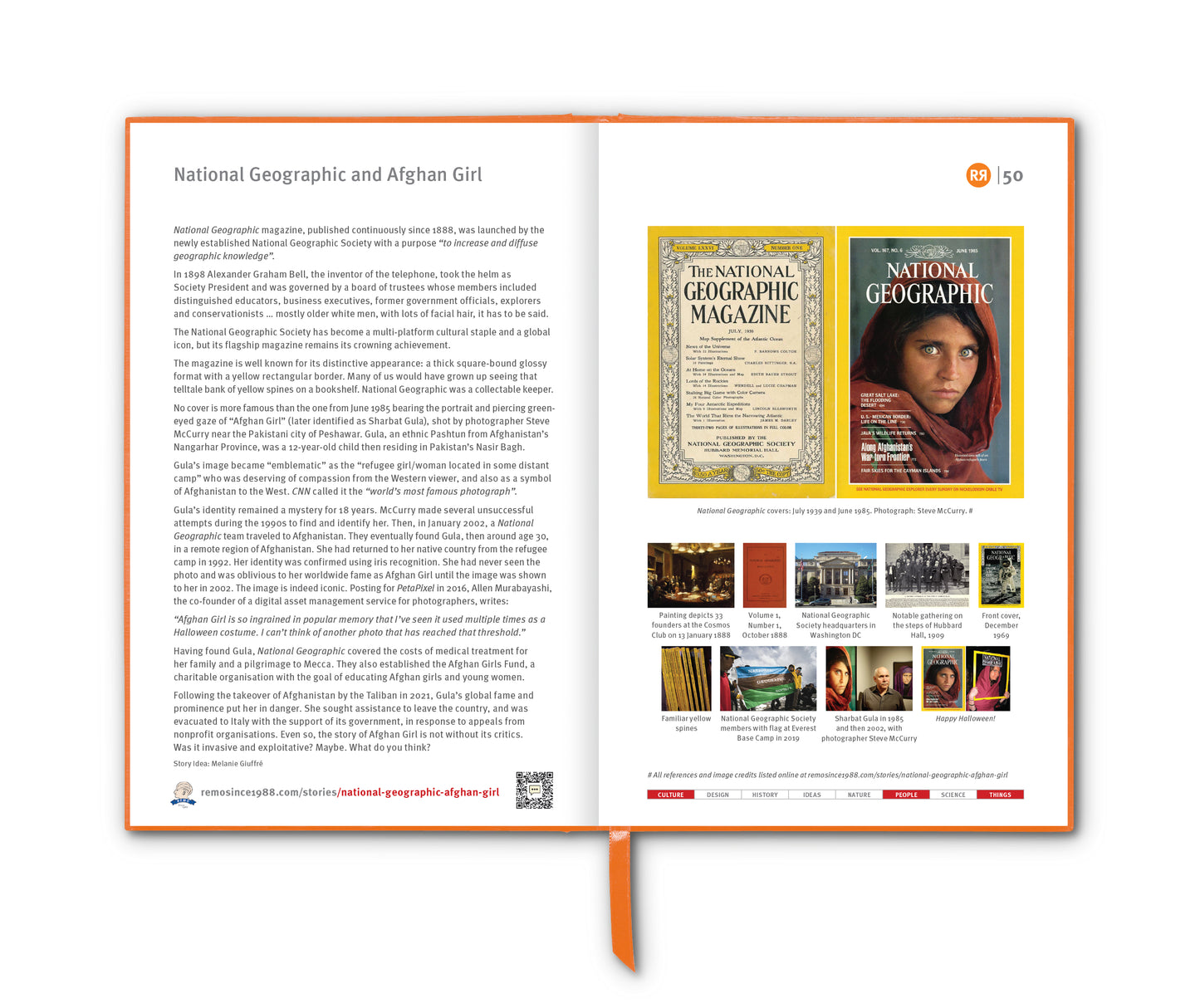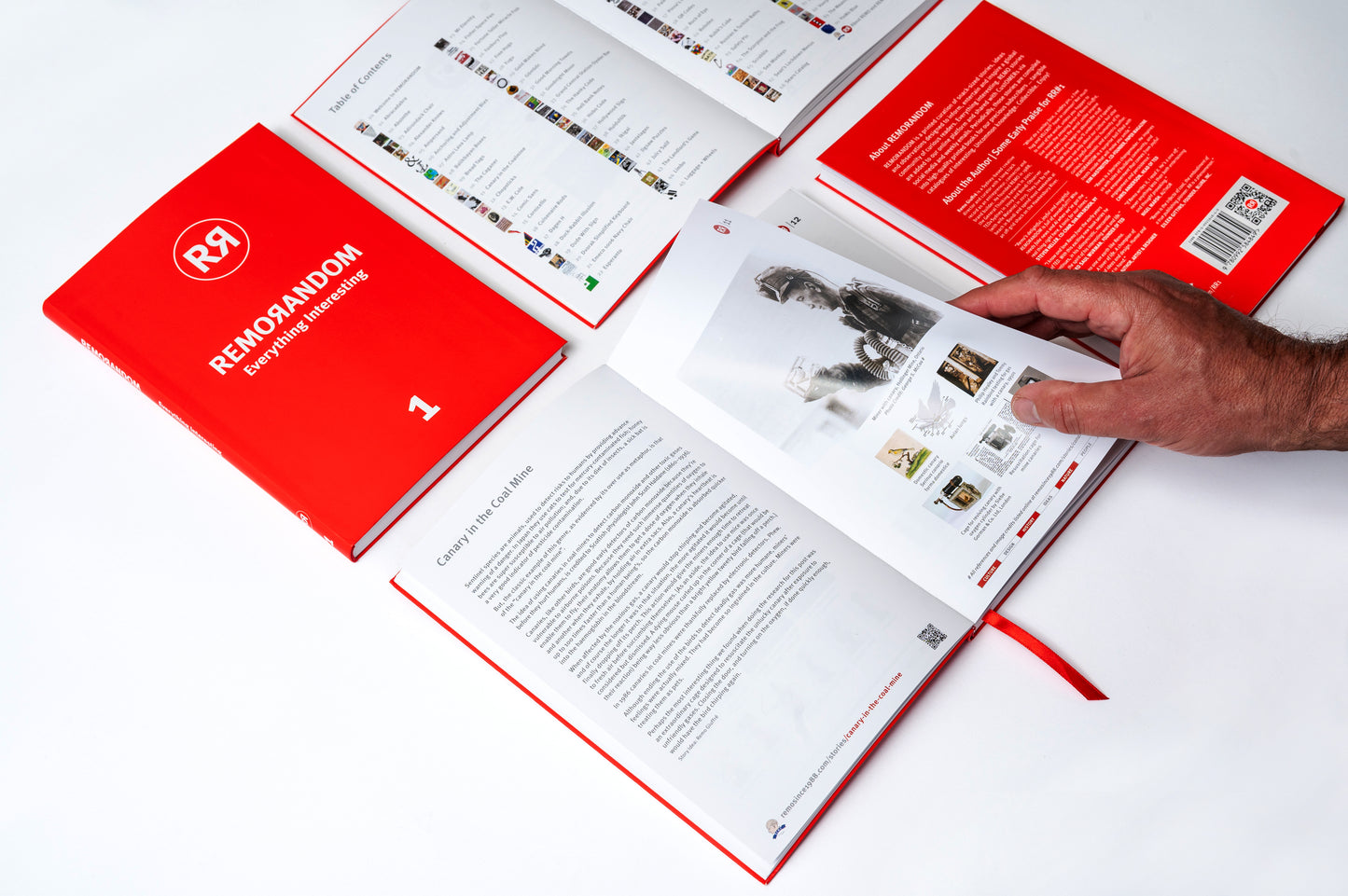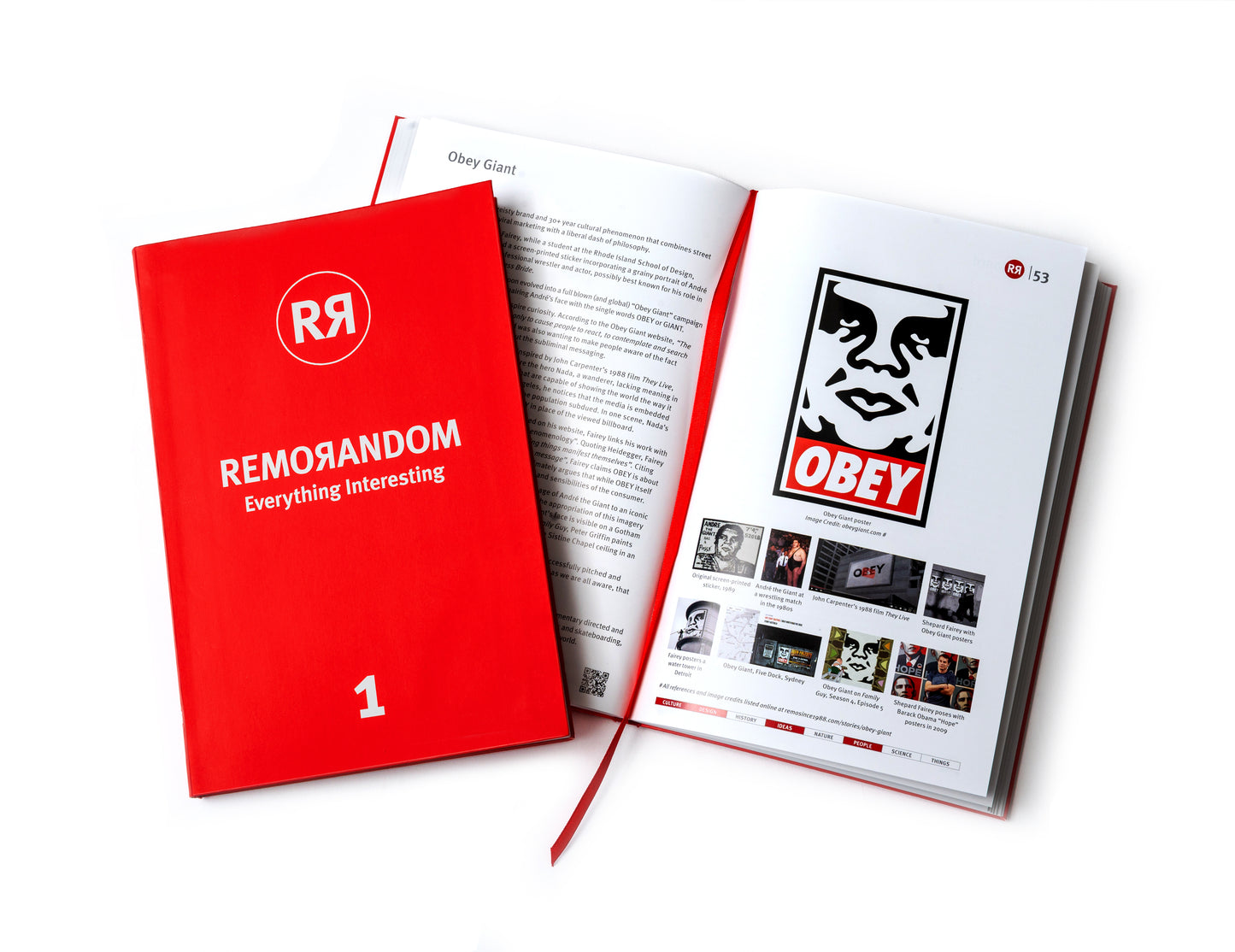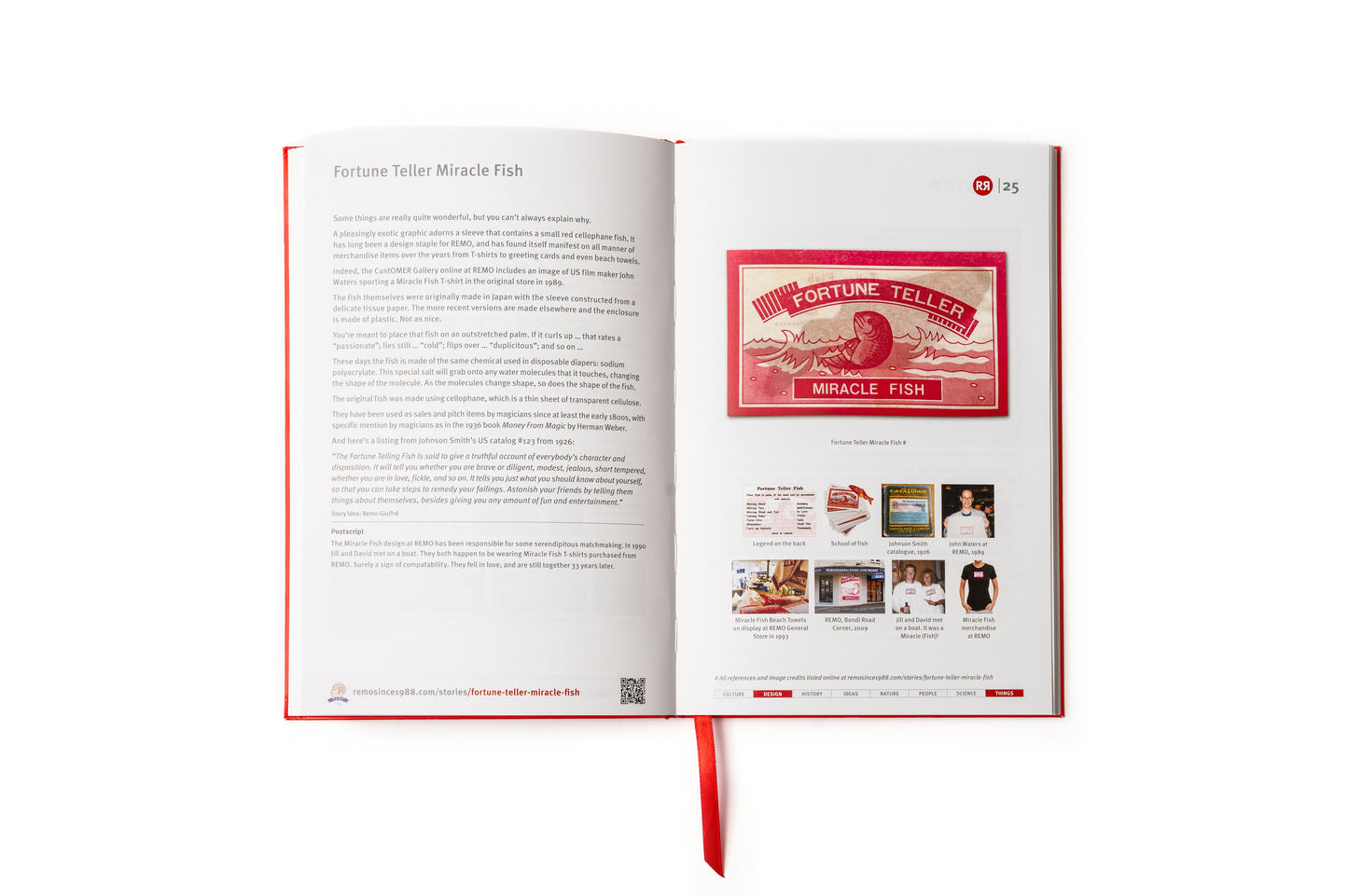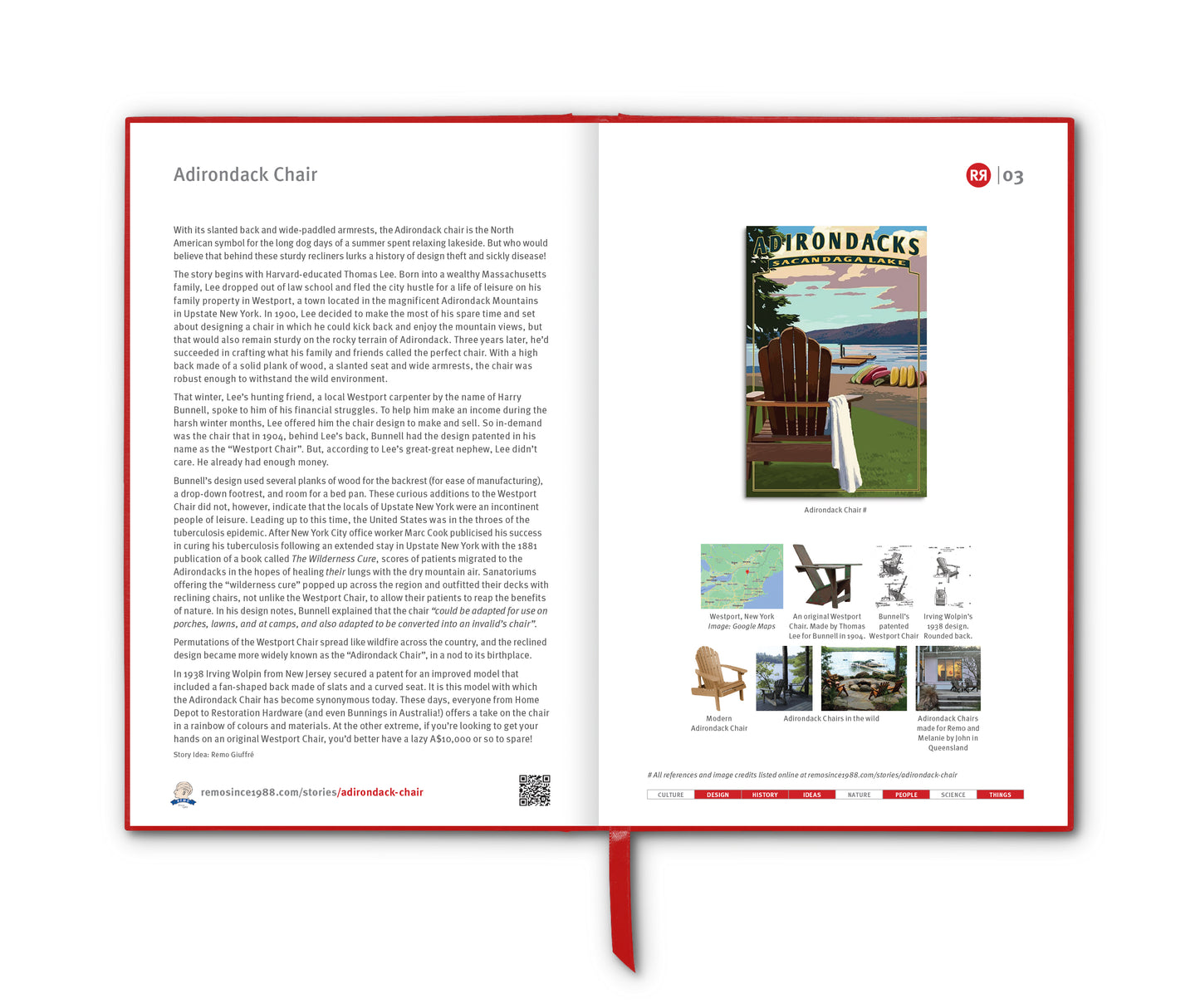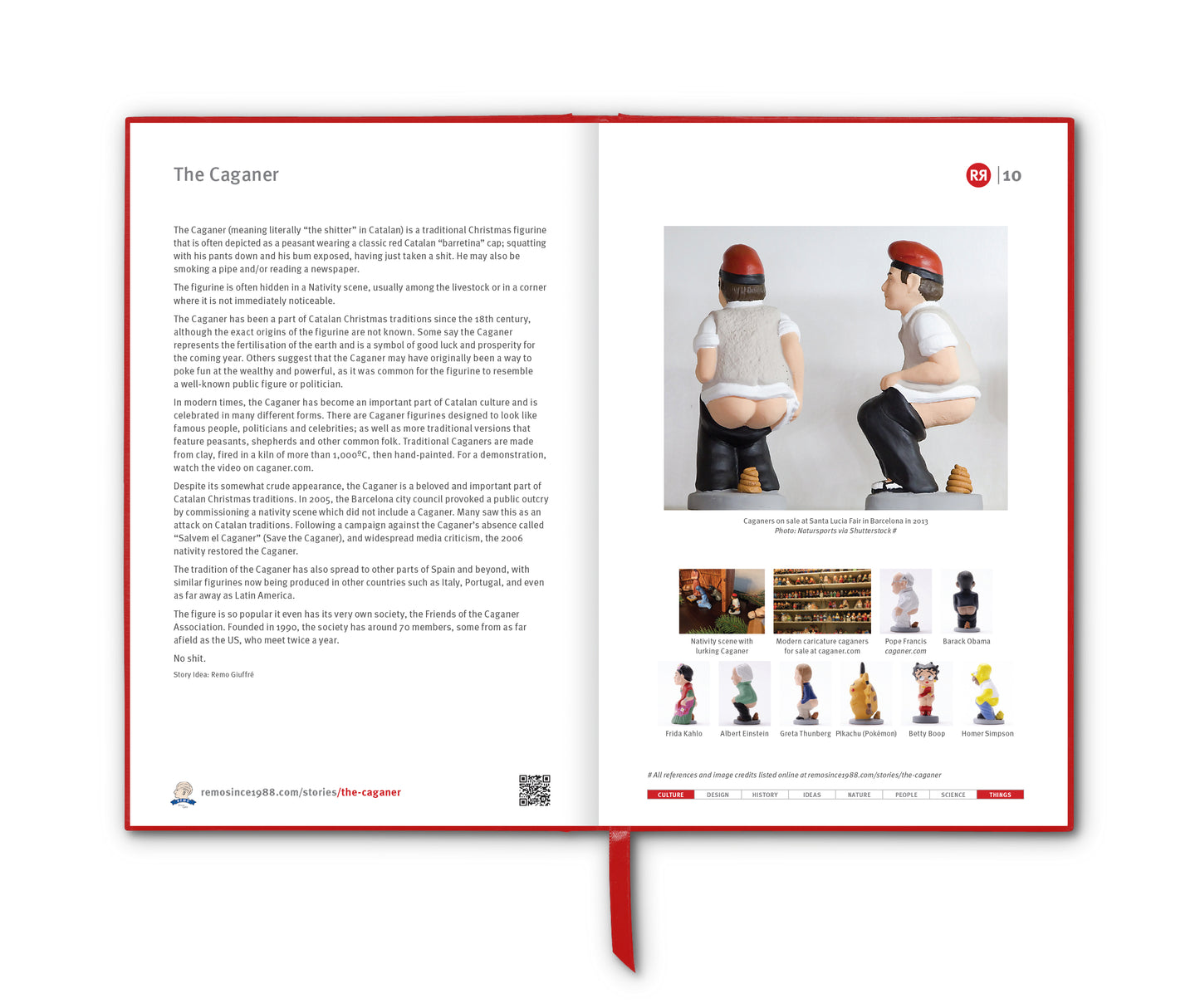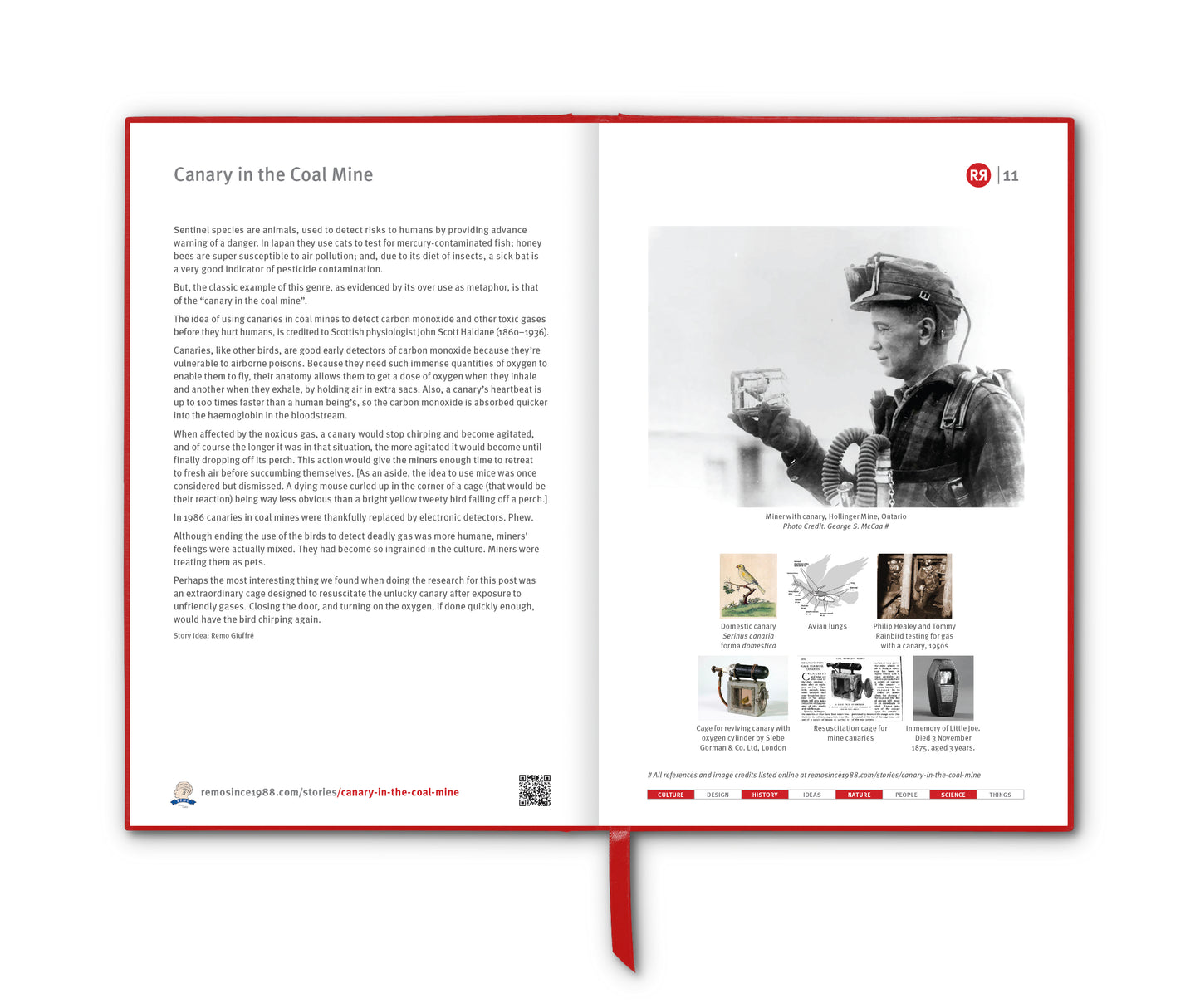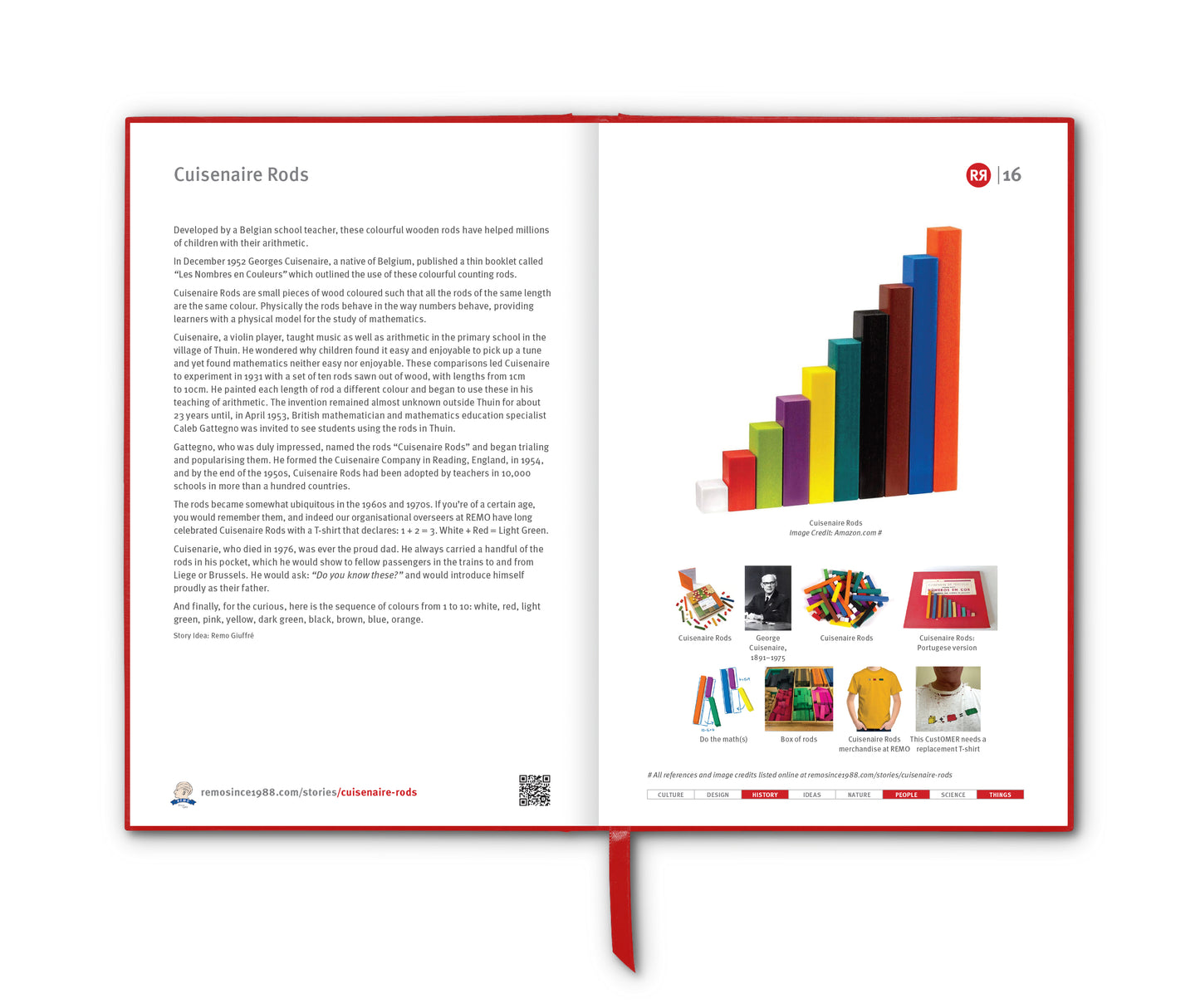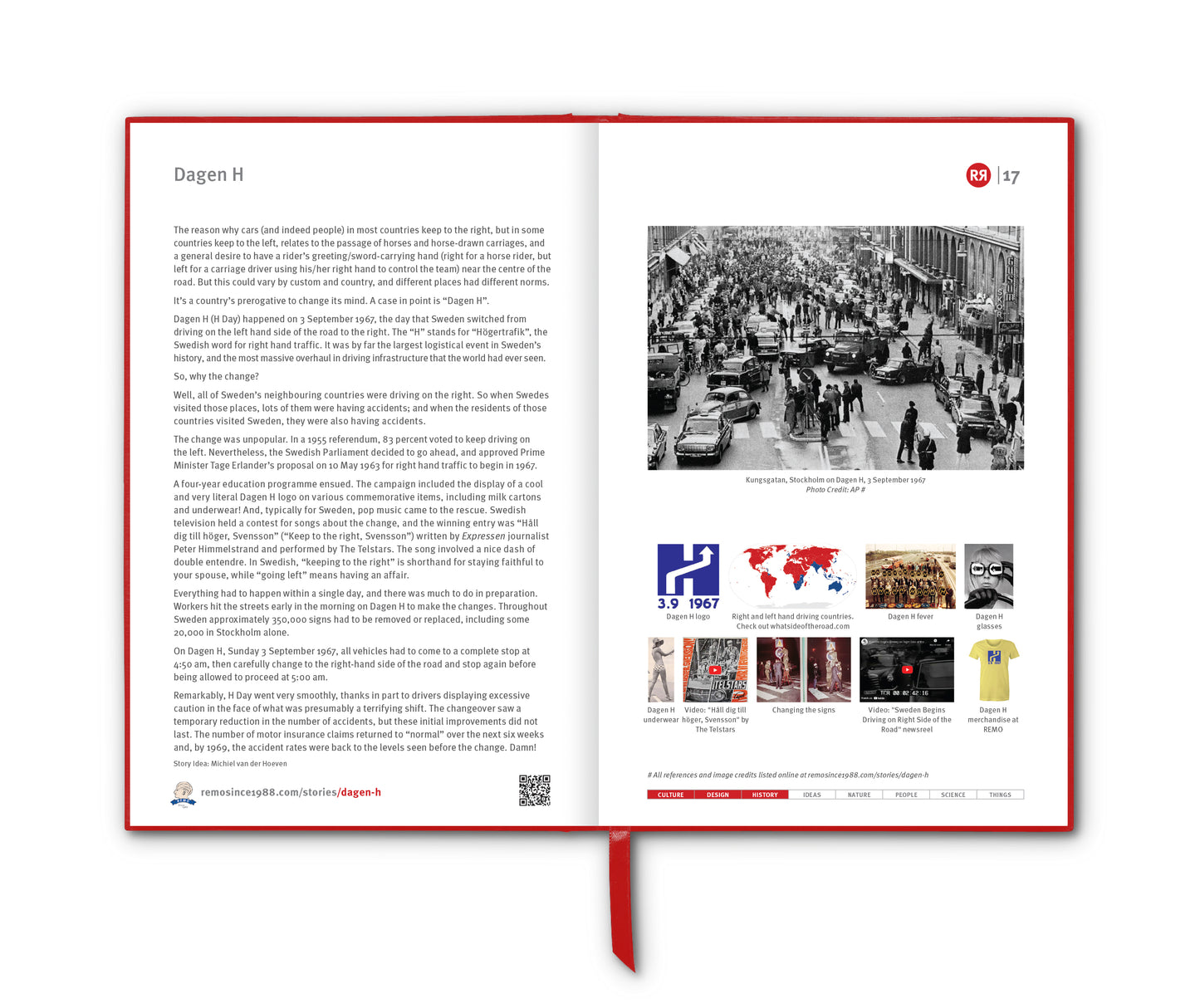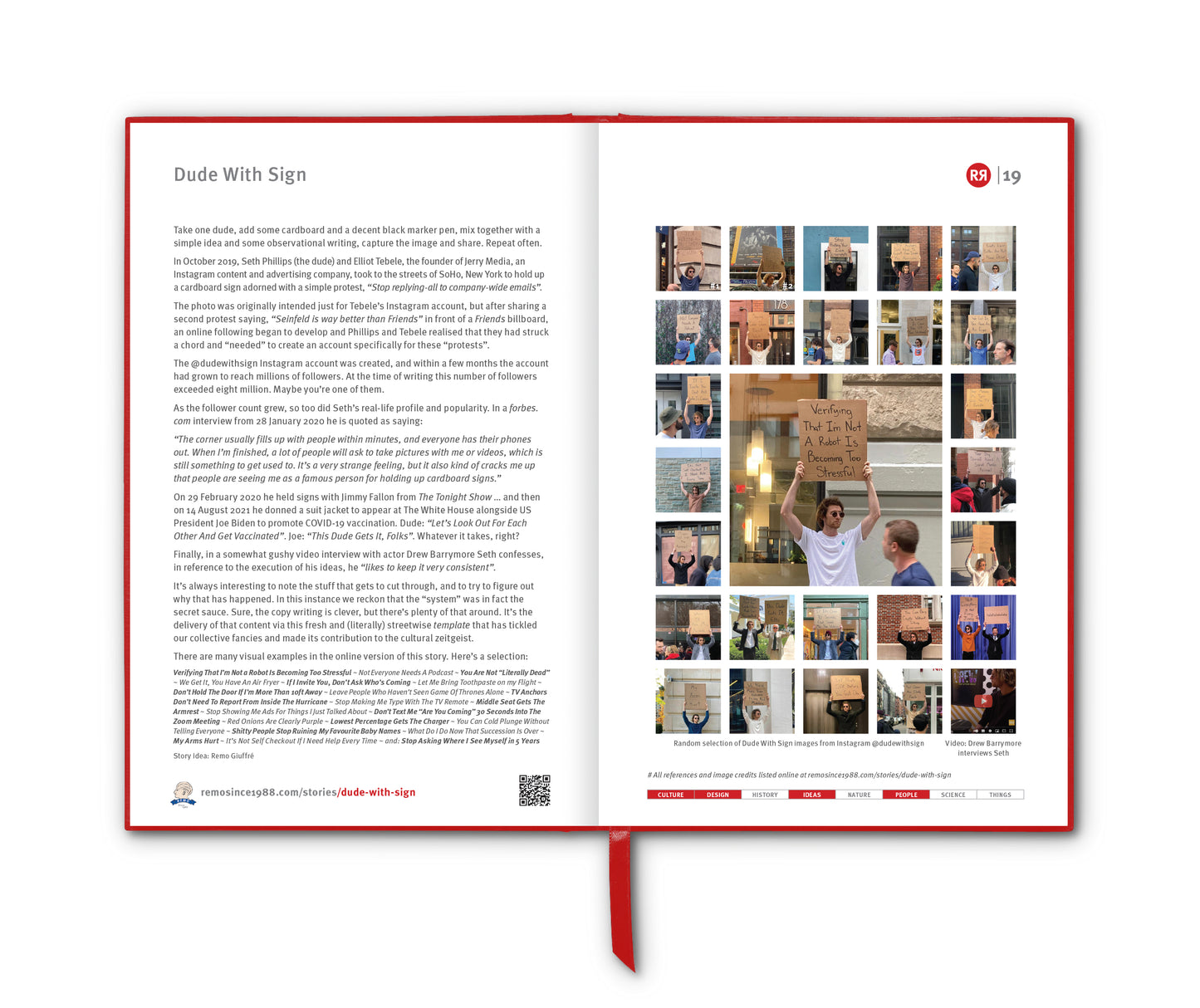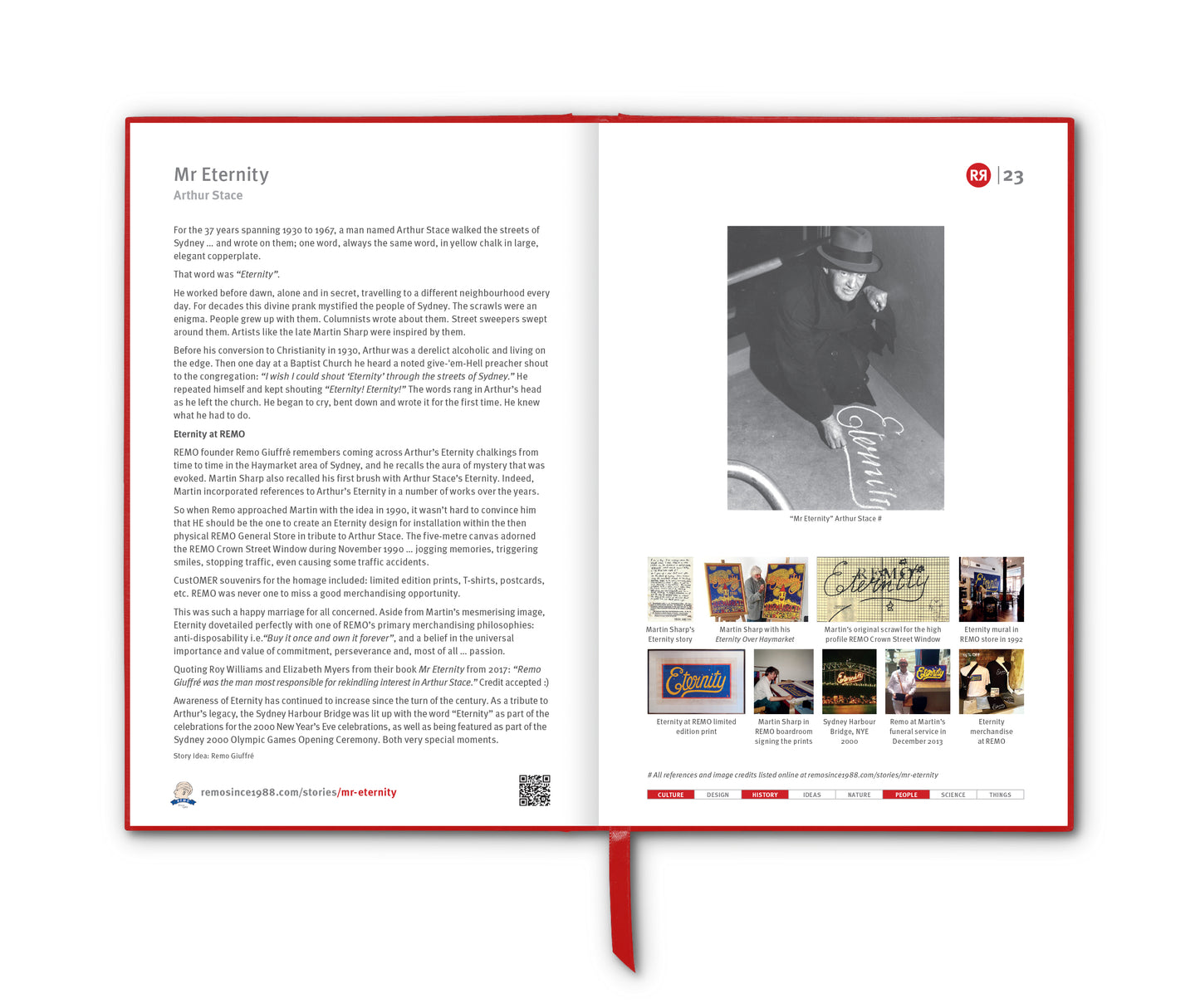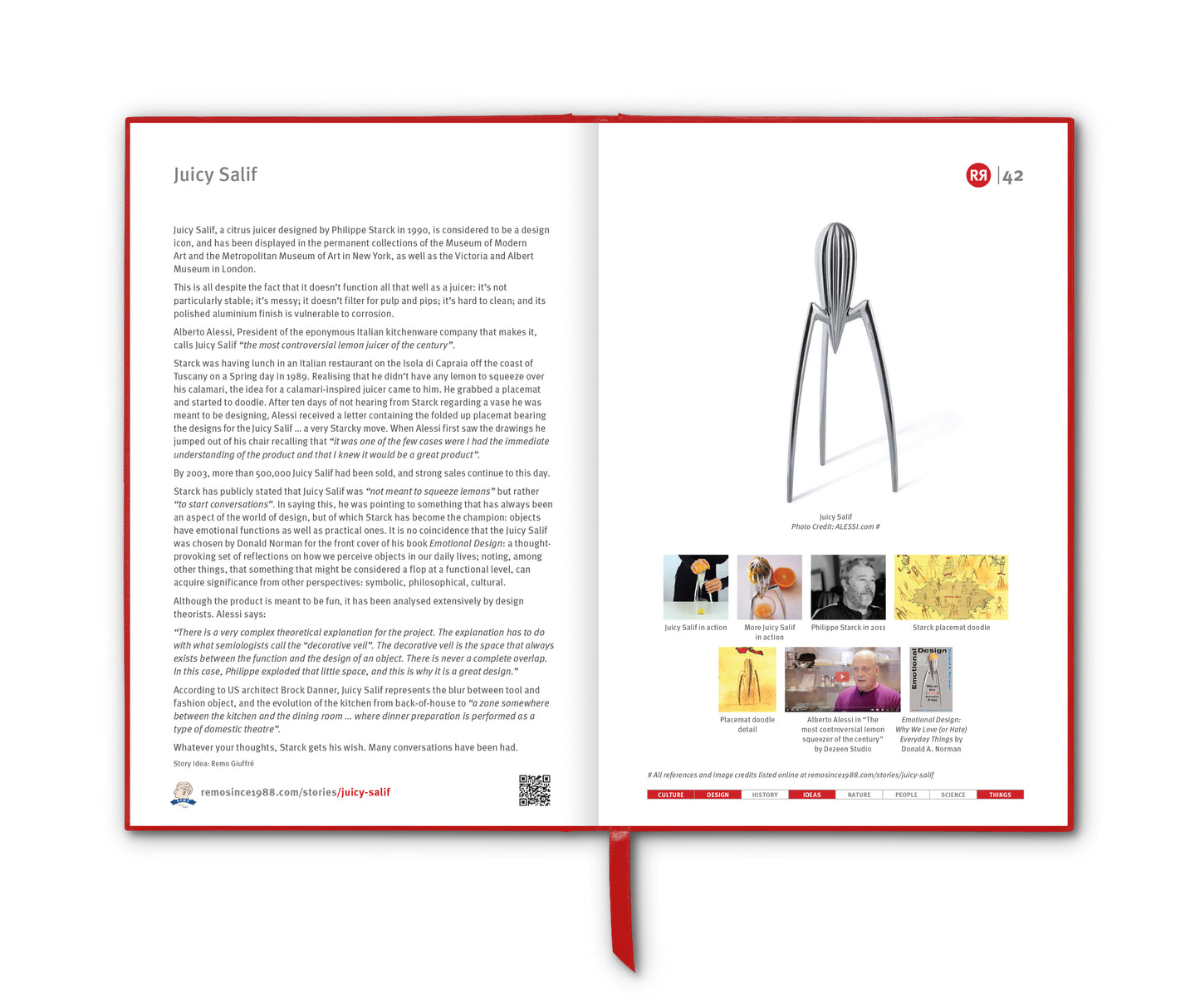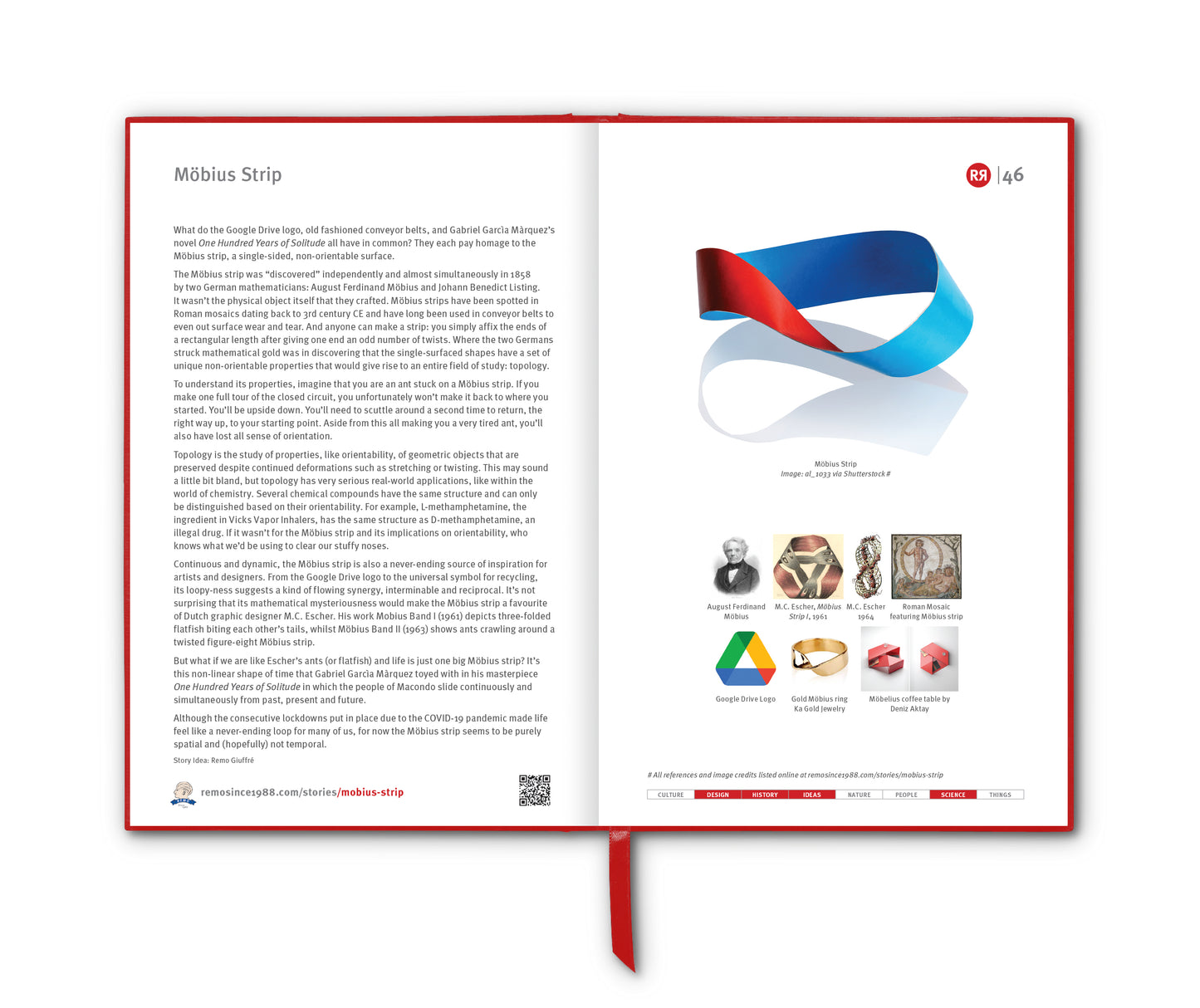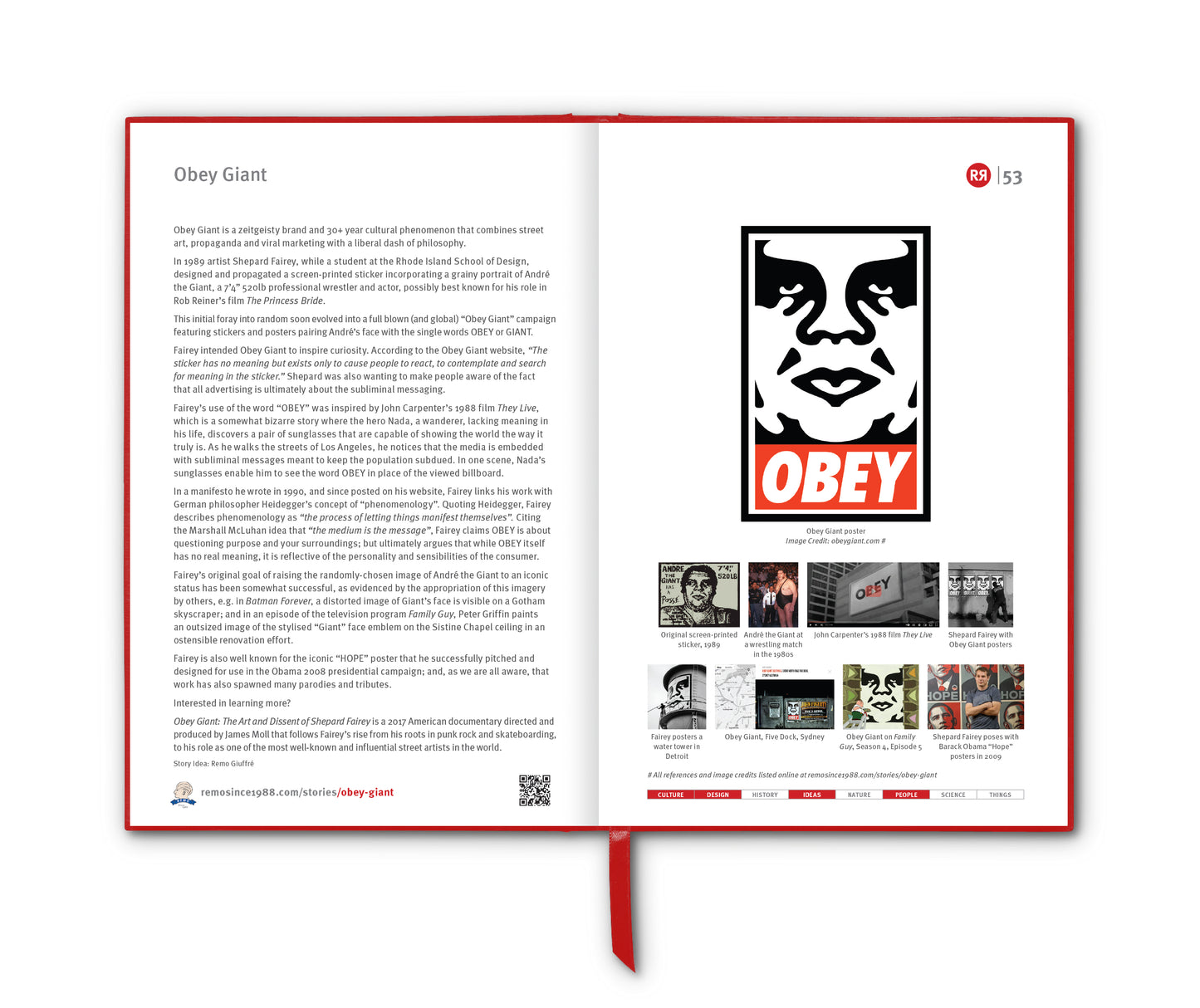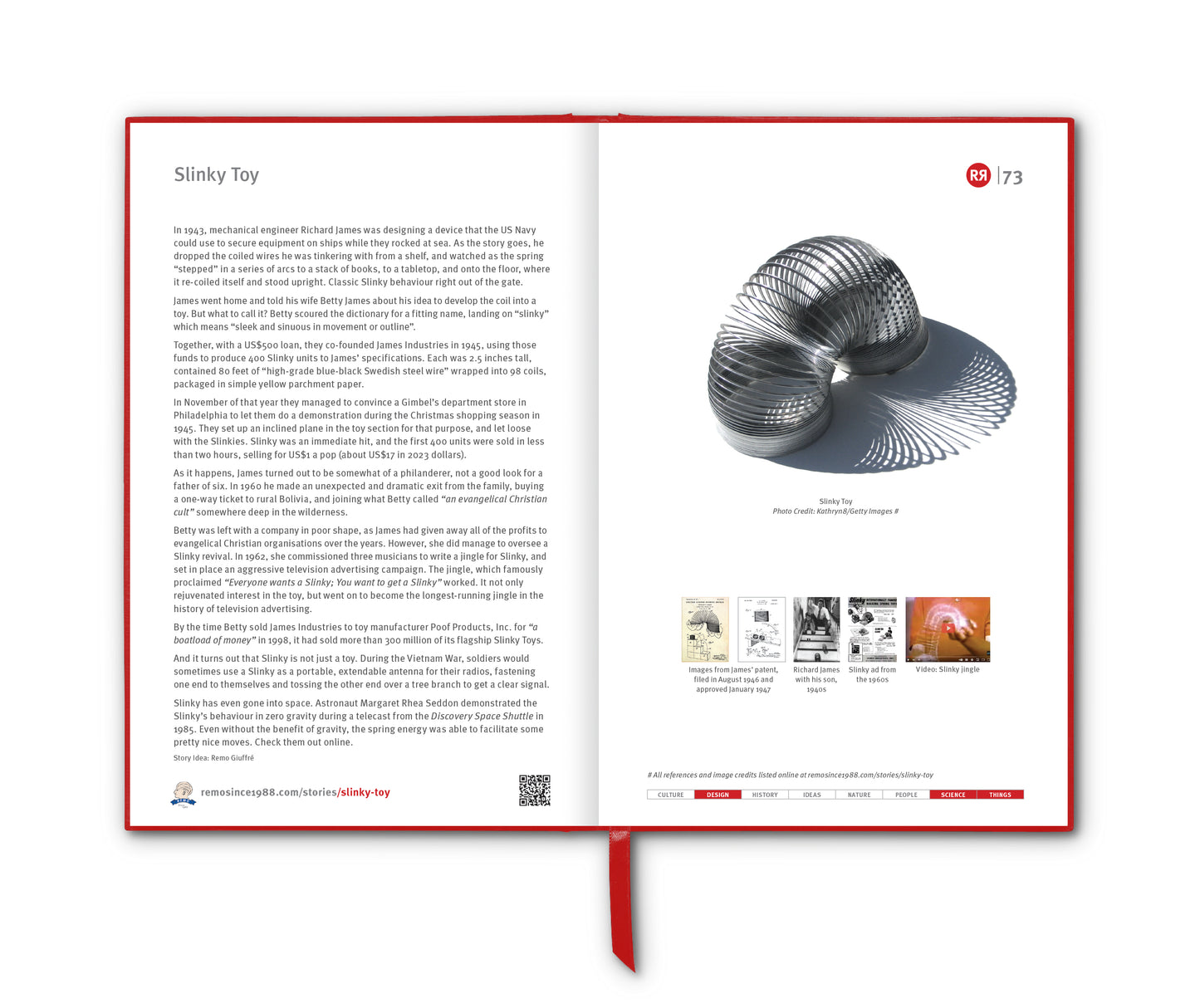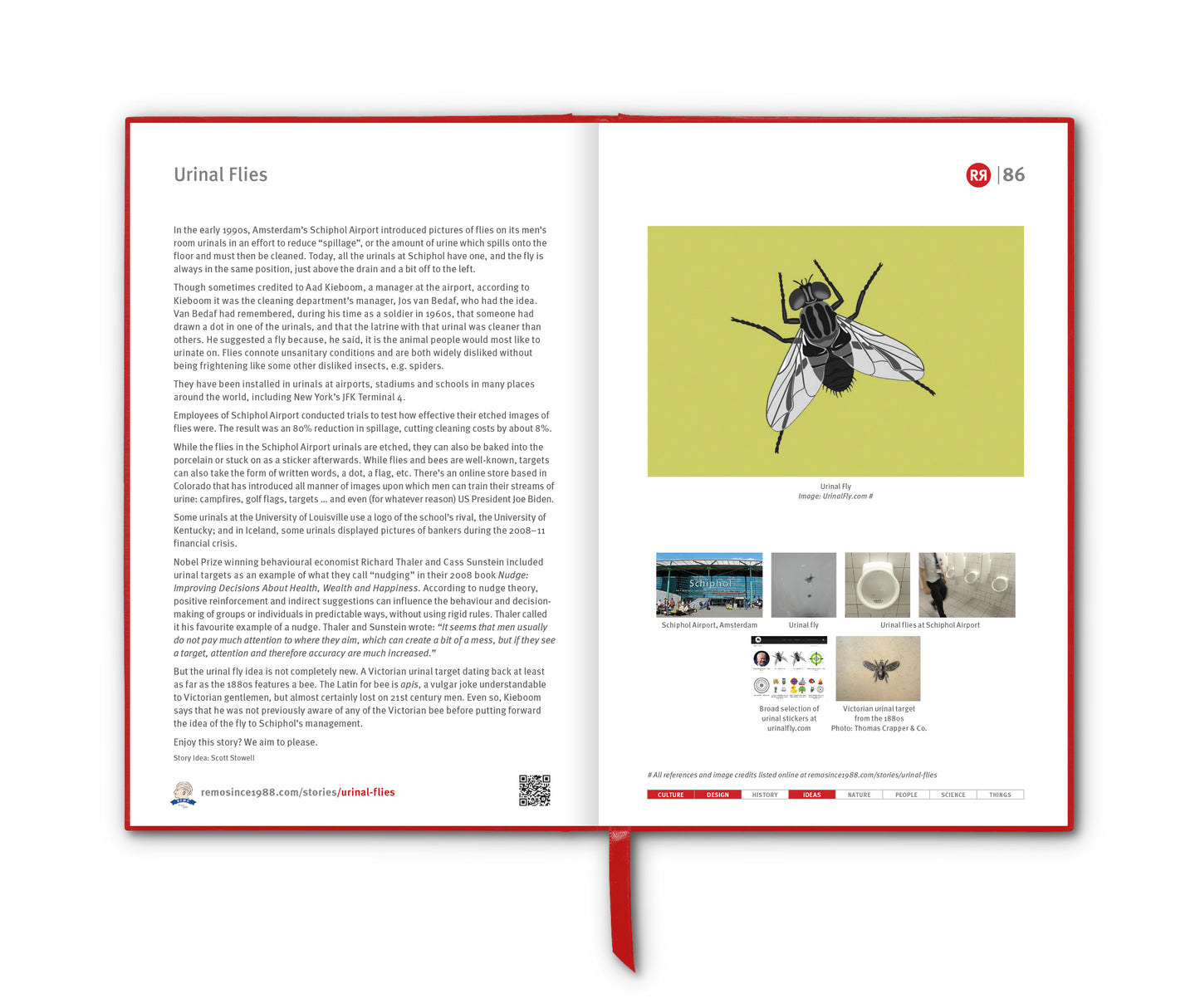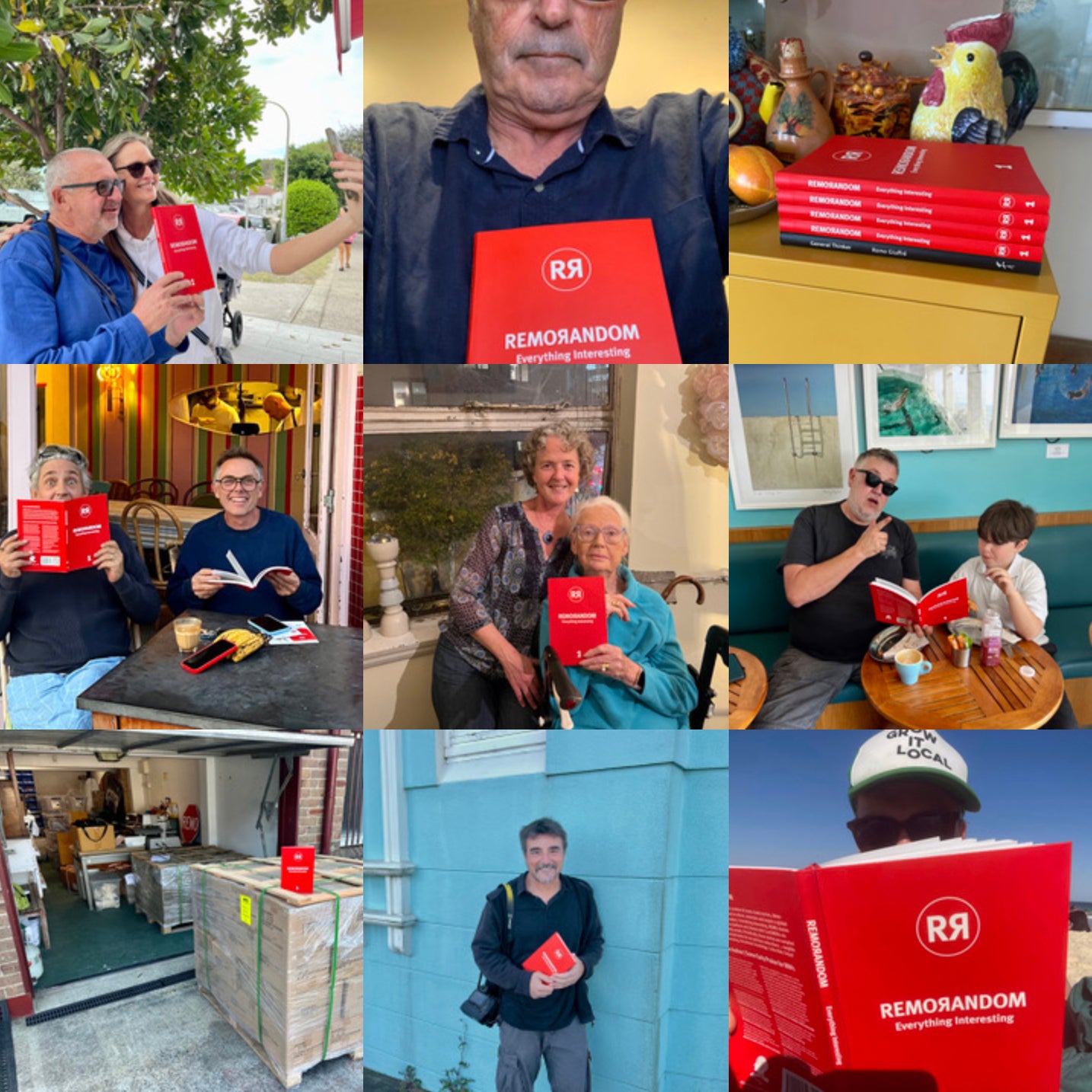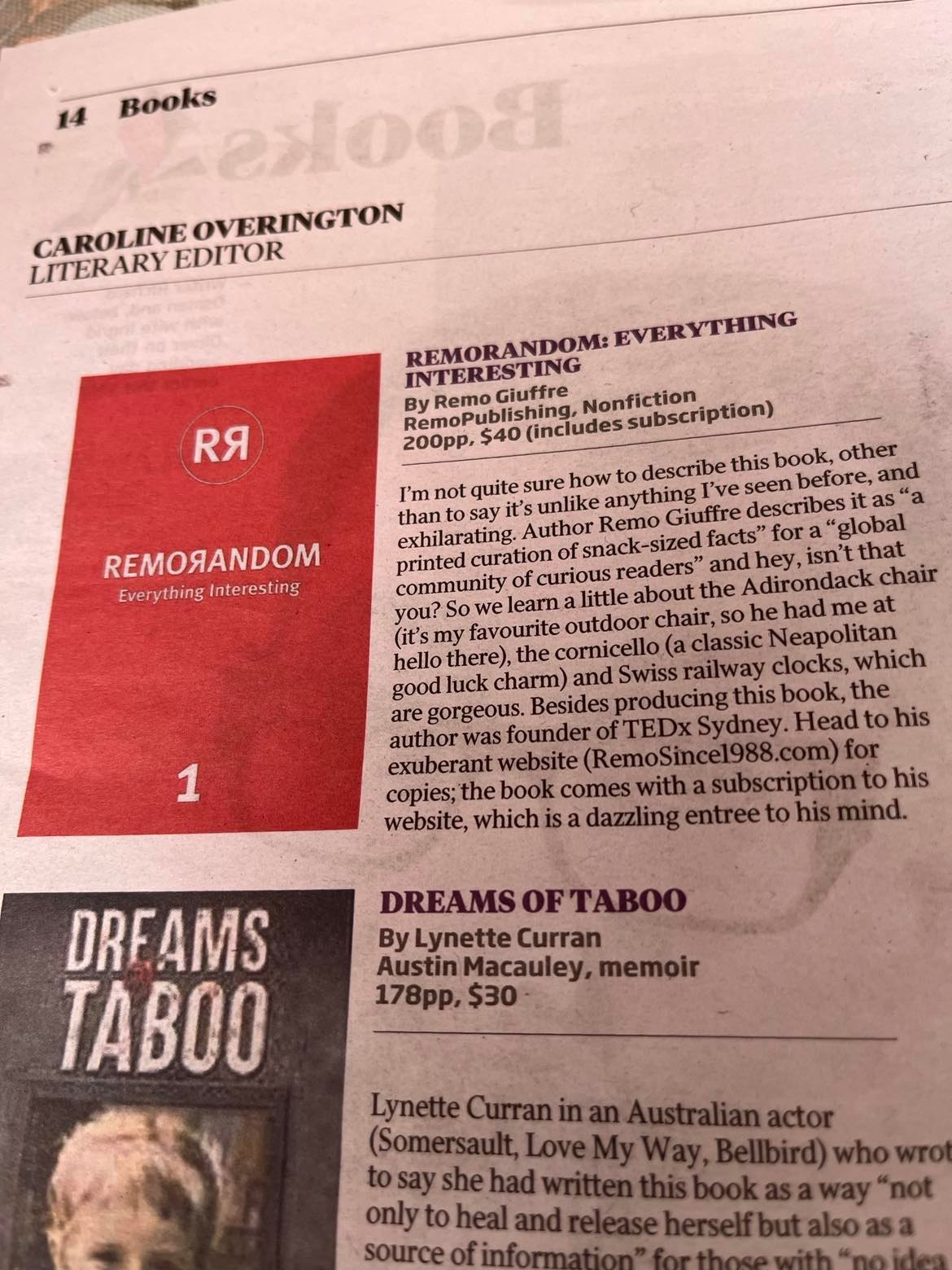Etymology is the study of the origin and history of words and their meanings. This post printed in REMORANDOM 2 presented a range of words with interesting back stories.
Here are more word and phrase origin stories that may surprise or amuse you:
Daisy: From Old English, meaning “day's eye” because of the way the flower opens and closes with the sunrise and sunset.
Denim and Jeans: The fabric that Levi Strauss used for his patented trousers was first produced in Genoa, Italy and Nimes, France. The French word for Genoa is Gênes. Similarly, the word “denim” comes from de Nimes, meaning “from Nimes” in French.
Eavesdrop: Before the invention of guttering, roofs were made with wide eaves. The large overhanging “eavesdrop” gave good cover for those who wished to lurk in shadows and listen to others’ conversations.
Gerrymander: A new voting district in Massachusetts in the shape of a salamander favoured Governor Elbridge Gerry’s party. The freakishly shaped district elected three Democratic-Republicans in 1812, breaking up the county’s previous delegation of five Federalist senators.
Guy: Originally, it wasn’t a word, but rather a name. And in particular, this guy’s name: Guy Fawkes, one of the conspirators to blow up Houses of Parliament in 1605. Guy became the person most associated with the Gunpowder Plot.
Hair of the Dog: Originally, this quirky English expression referred to a method of treating a rabid dog bite; hair from the dog was placed in the wound. So in that sense, having another drink (any drink) is like taking hair from the dog that bit you.
Hat-trick: The term first appeared in 1858, to describe English cricketer H.H. Stephenson taking three wickets with three consecutive deliveries. Fans held a collection for Stephenson, and presented him with a hat bought with the proceeds.
Honeymoon: 1540s (hony moone), but probably older, from honey in reference to the new marriage's sweetness, and moon "month" in reference to how long it will notionally last.
Mortgage: From the French for “death contract” … which is what you generally need to be facing given how long it typically takes to pay off that kind of loan.
Nickname: In old English, the word “eke” meant "also". Therefore, a second name or casual name that you had for someone was known as “an ekename”. Eventually, the ’n’ of “an” became more tacked onto the noun itself and the indefinite article changed to “a”. Hence, “a nekename” … and eventually: “a nickname”.
Plumber: Deriving from the Latin for lead, plumbum, it originally referred to someone working with lead in a number of contexts, including the pipes that move water in and out of buildings.
True Colours: Pirates’ ships would sail under “false colours” … meaning under a friendly flag. They would do this to get close to other ships without raising concern. Then, when the pirates were close enough and ready to attack, they would raise their “true colours”.
Salary: The word “salary” comes from the Latin salarium, meaning “salt money.” In ancient times, salt was used for many important things and was used as a method of payment in Greece and Rome.
Supercilious: From the Latin for eyebrow, supercilium, which supercilious people often raise.
Whiskey: Comes from the Gaelic term uisce beatha, meaning “water of life”. The phrase was gradually shortened to just uisce (pronounced “whis-keh’), eventually leading to the modern English word "whiskey”.
___________________________
Images
1. Salamander'esque 1812 political cartoon was made in reaction to the newly drawn state senate election district of South Essex created by the Massachusetts legislature to favour the Democratic-Republican Party.
2. Daisy
3. Levi Strauss denim jeans
4. Procession of a Guy, 1864
5. H.H. Stephenson, captain of the first English cricket team to visit Australia
6. Honeymooning couple
7. Glass of whiskey





























